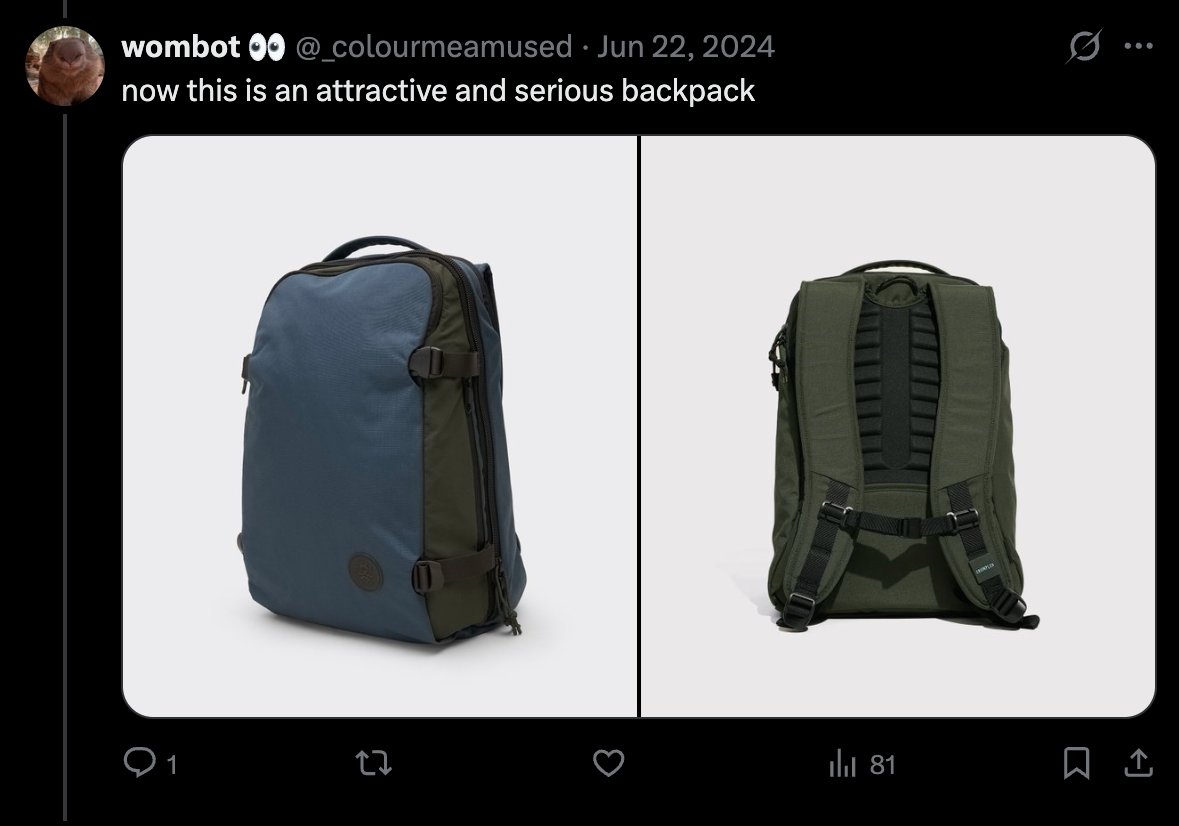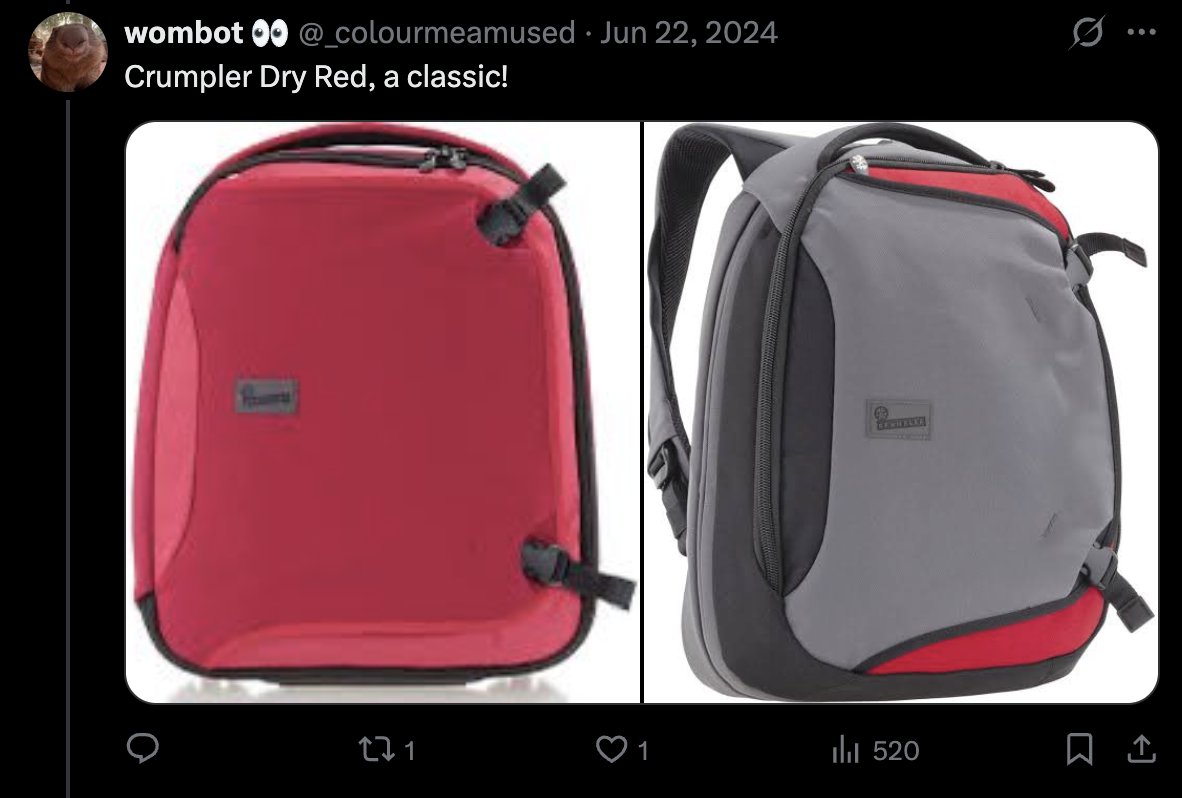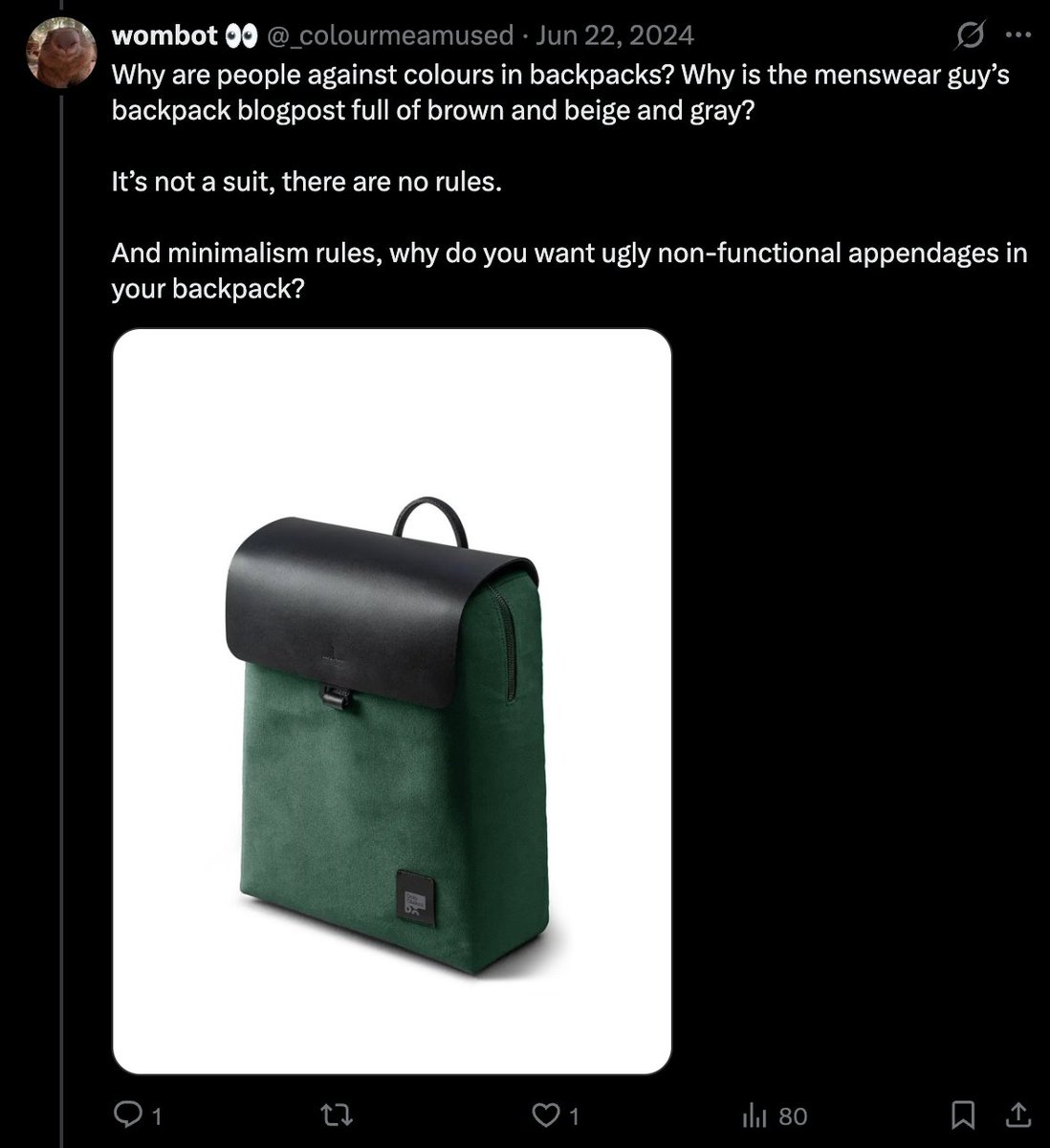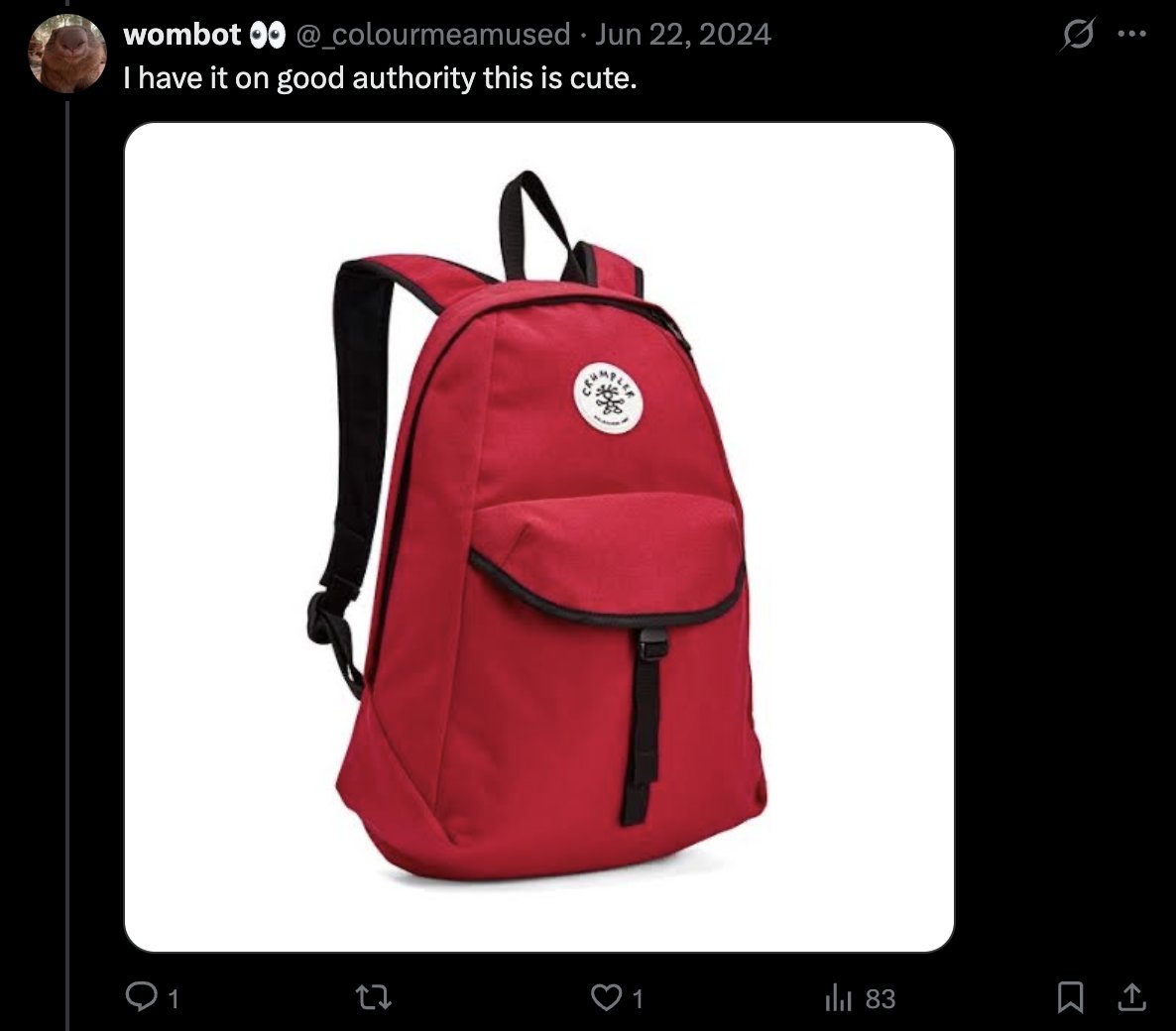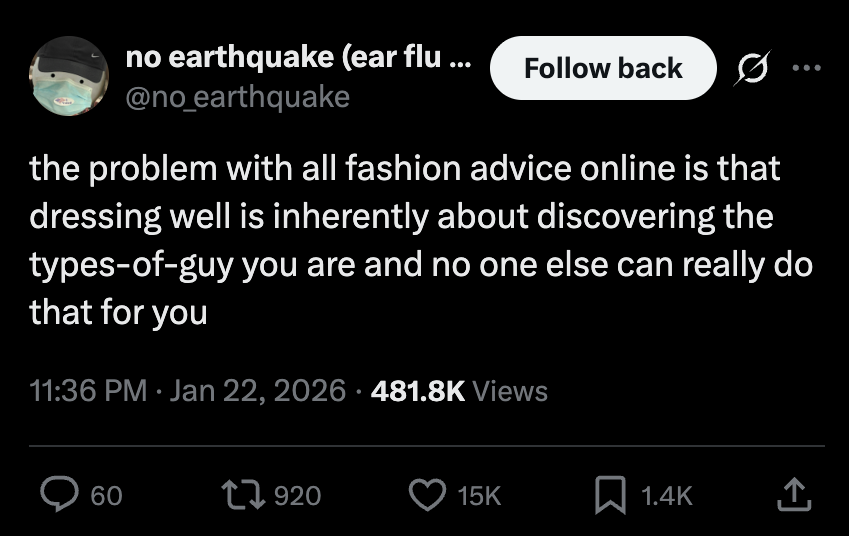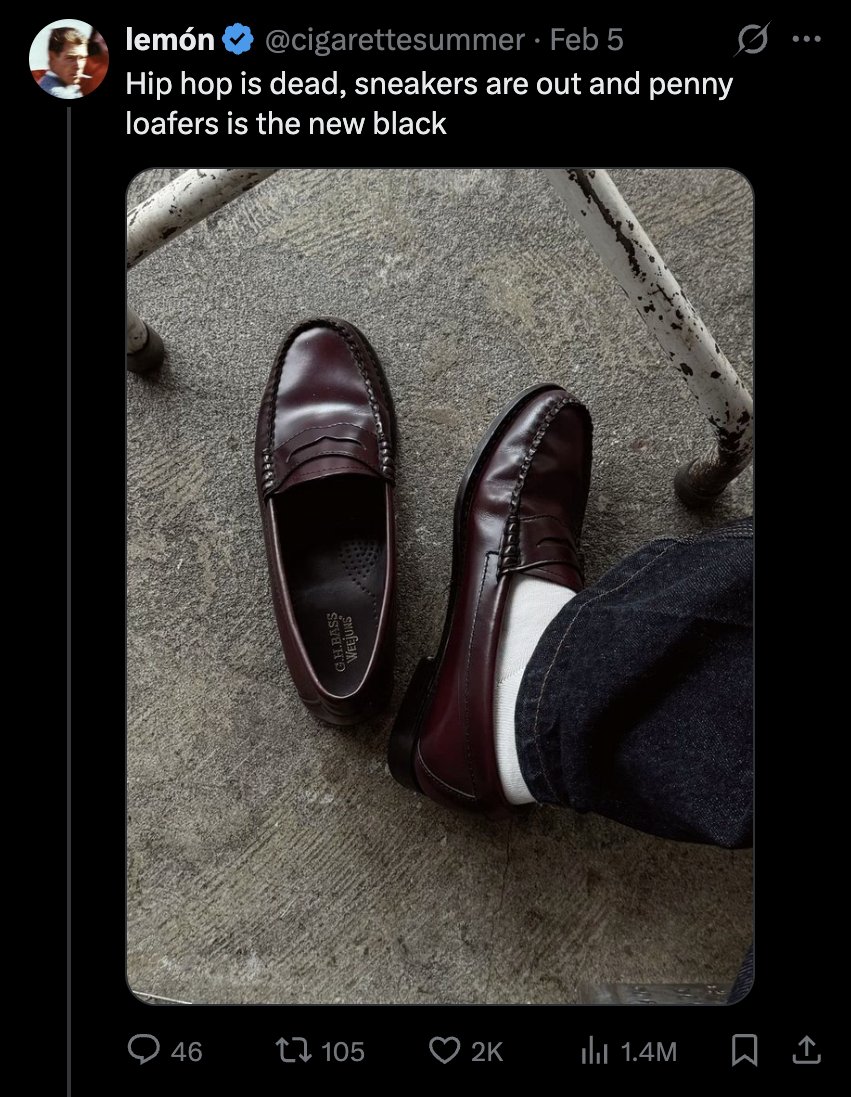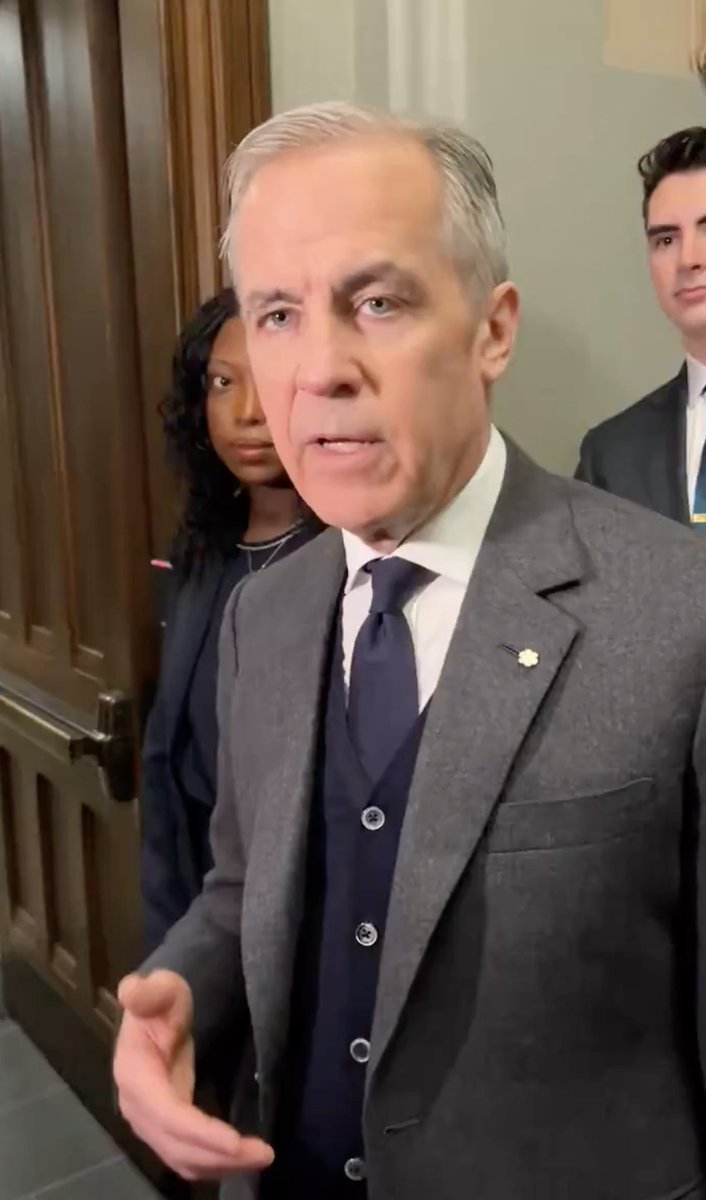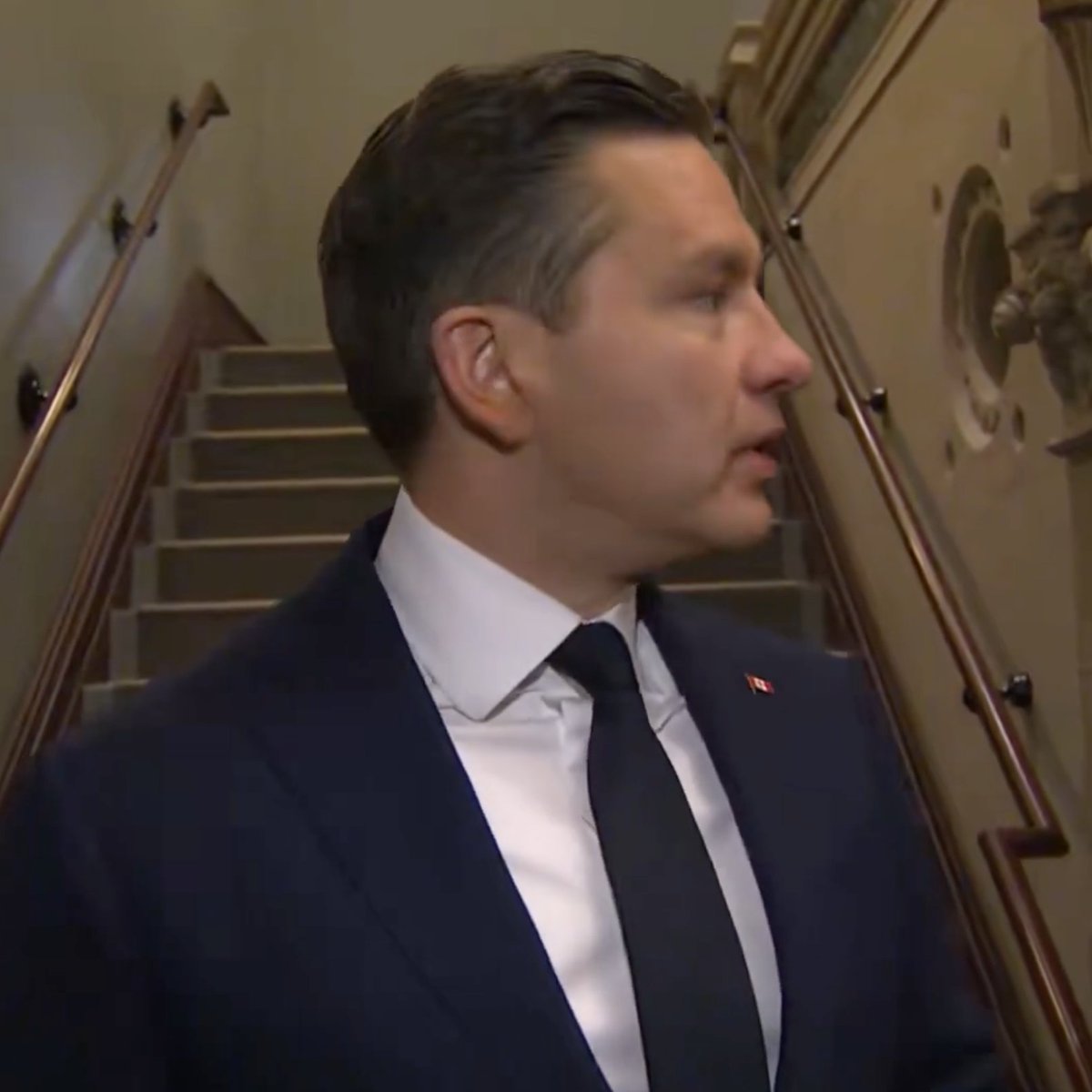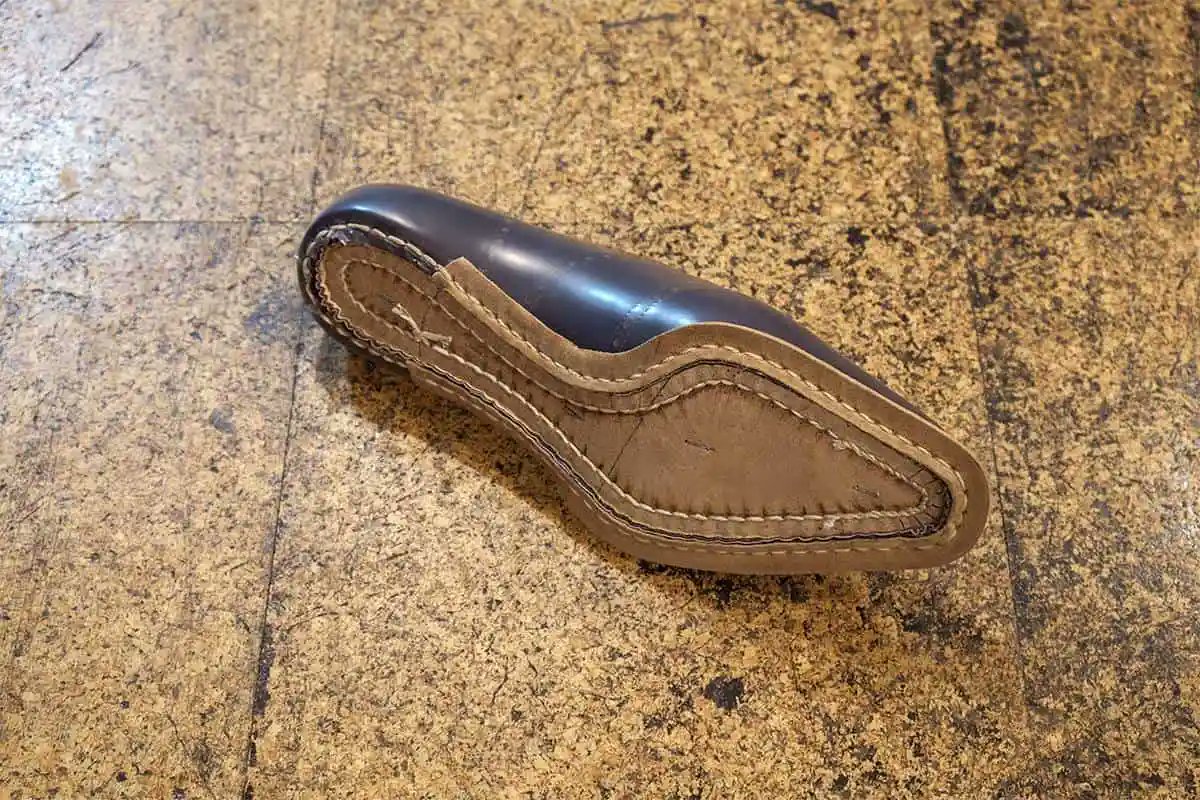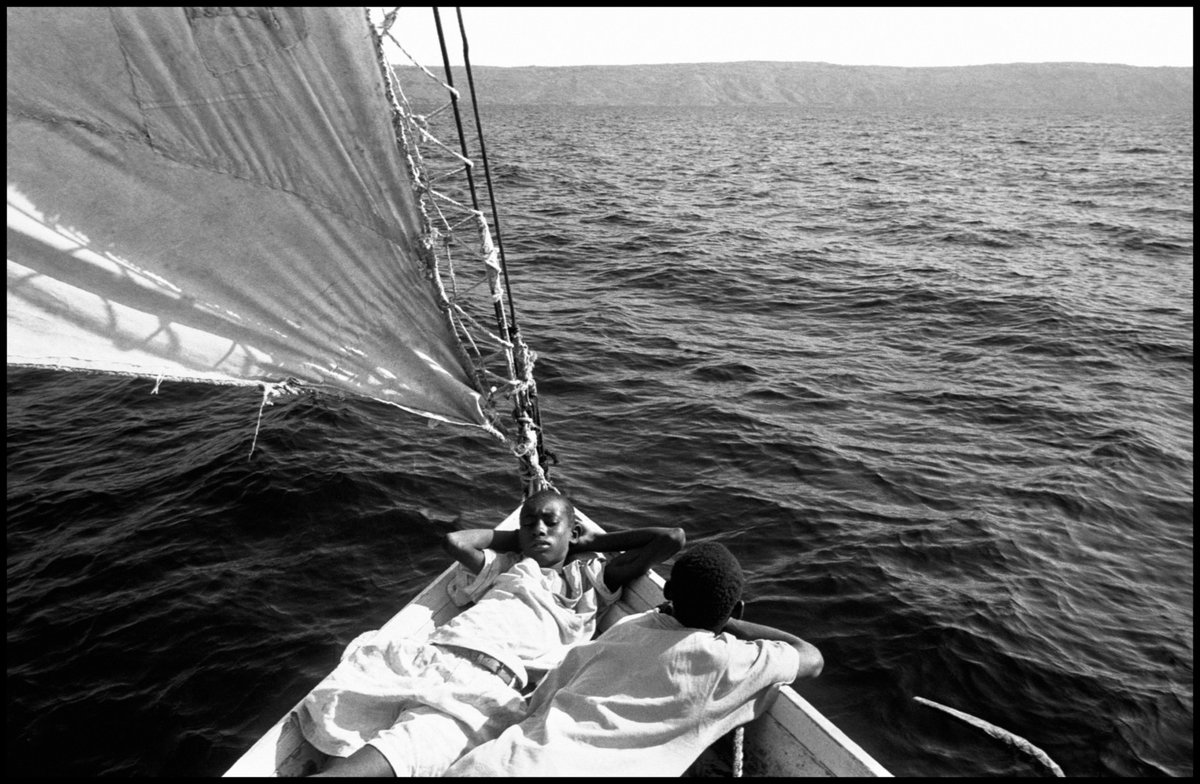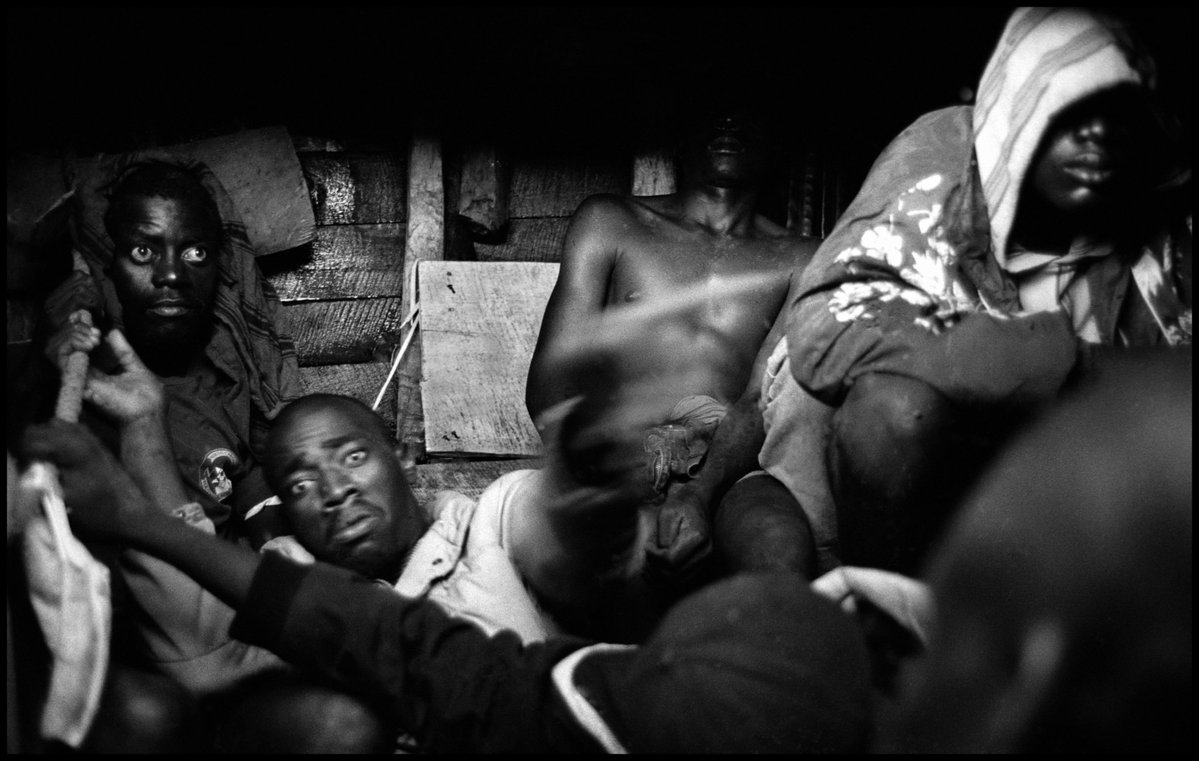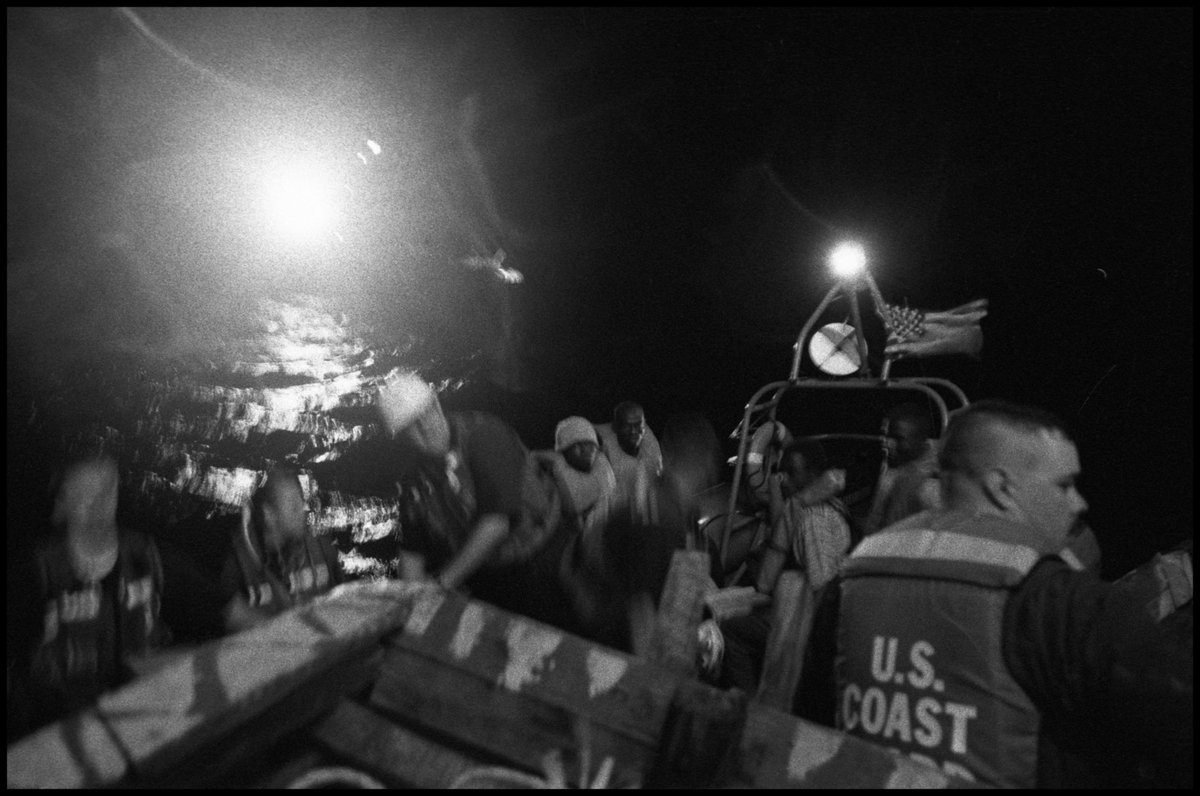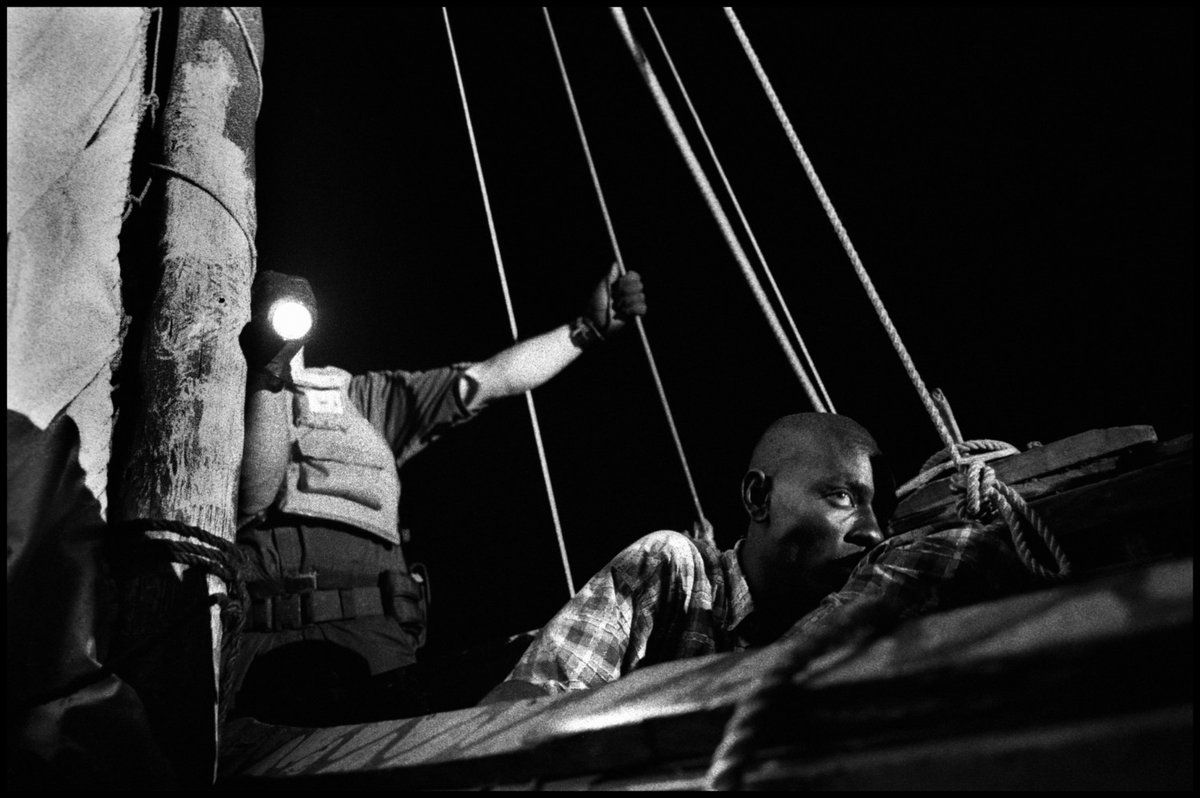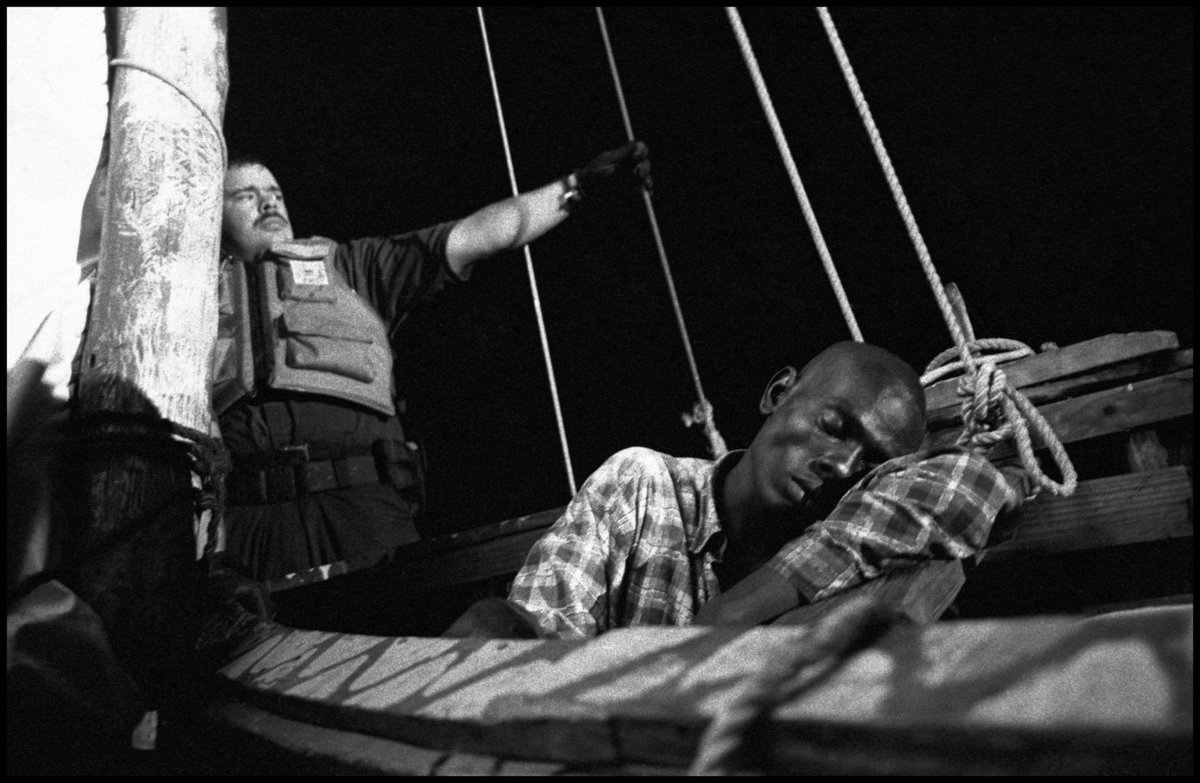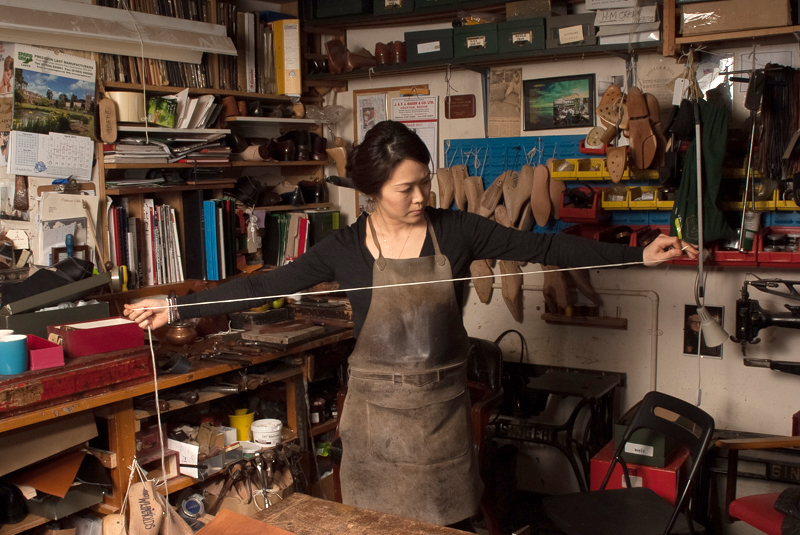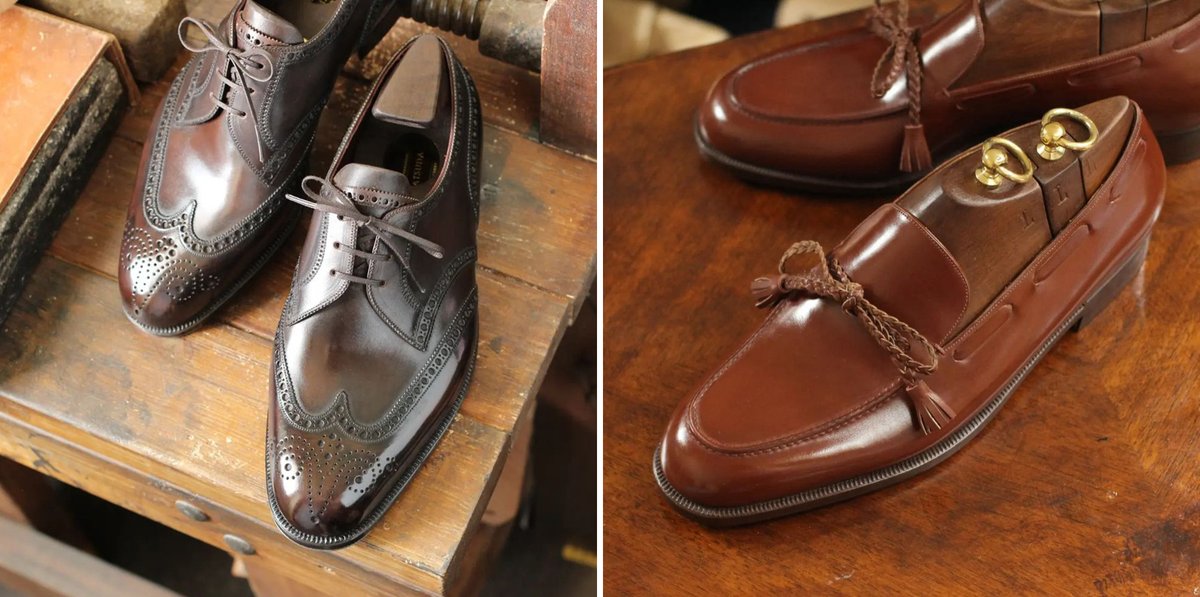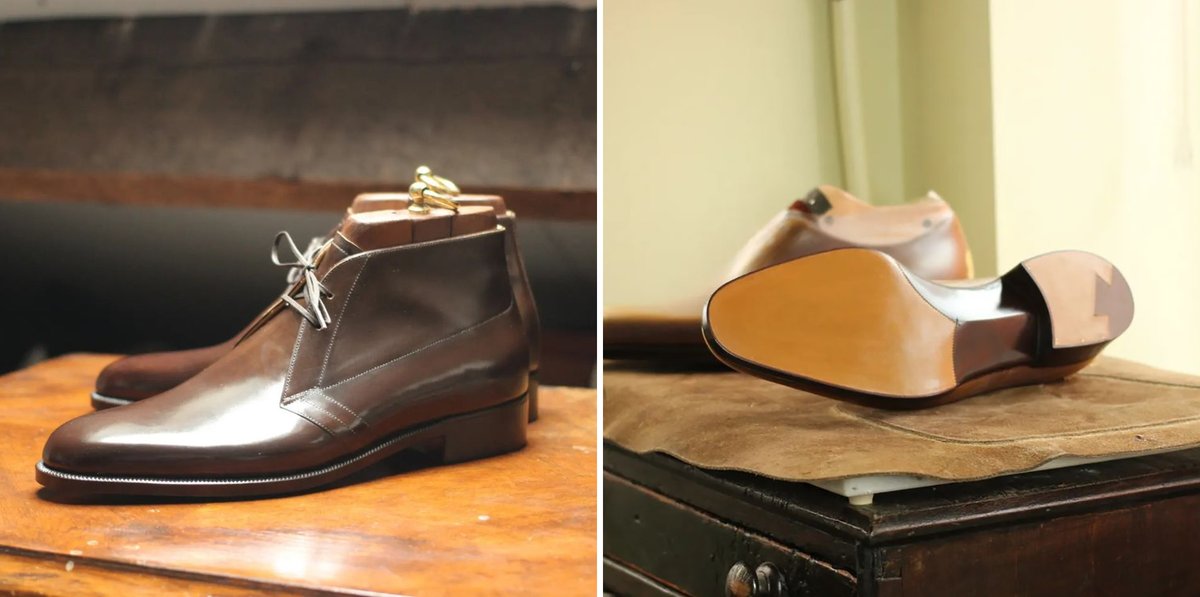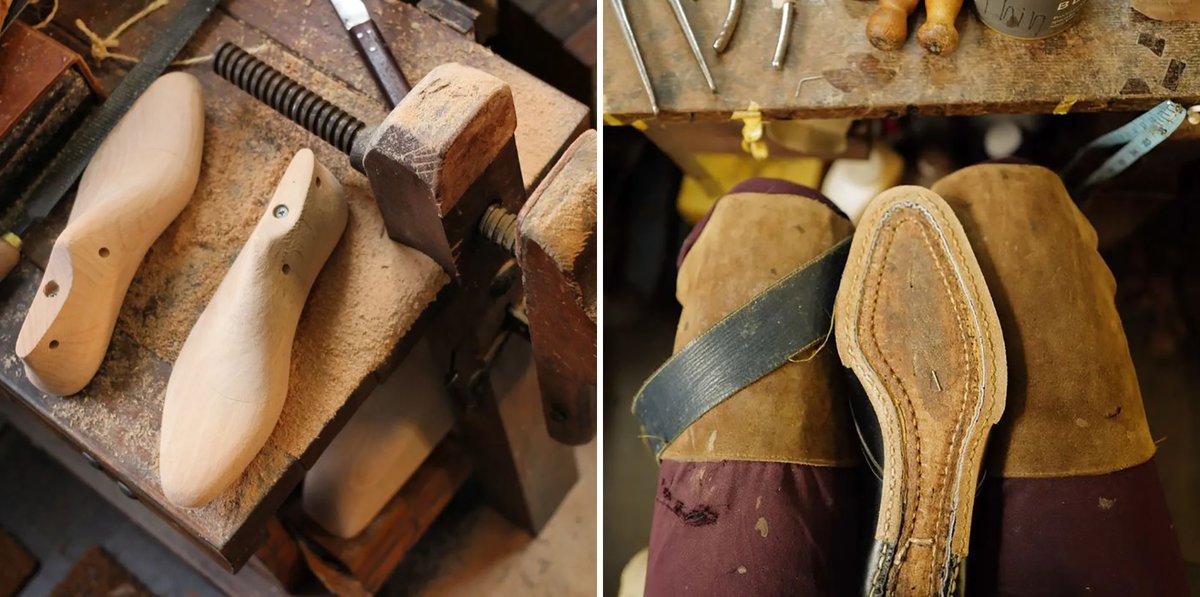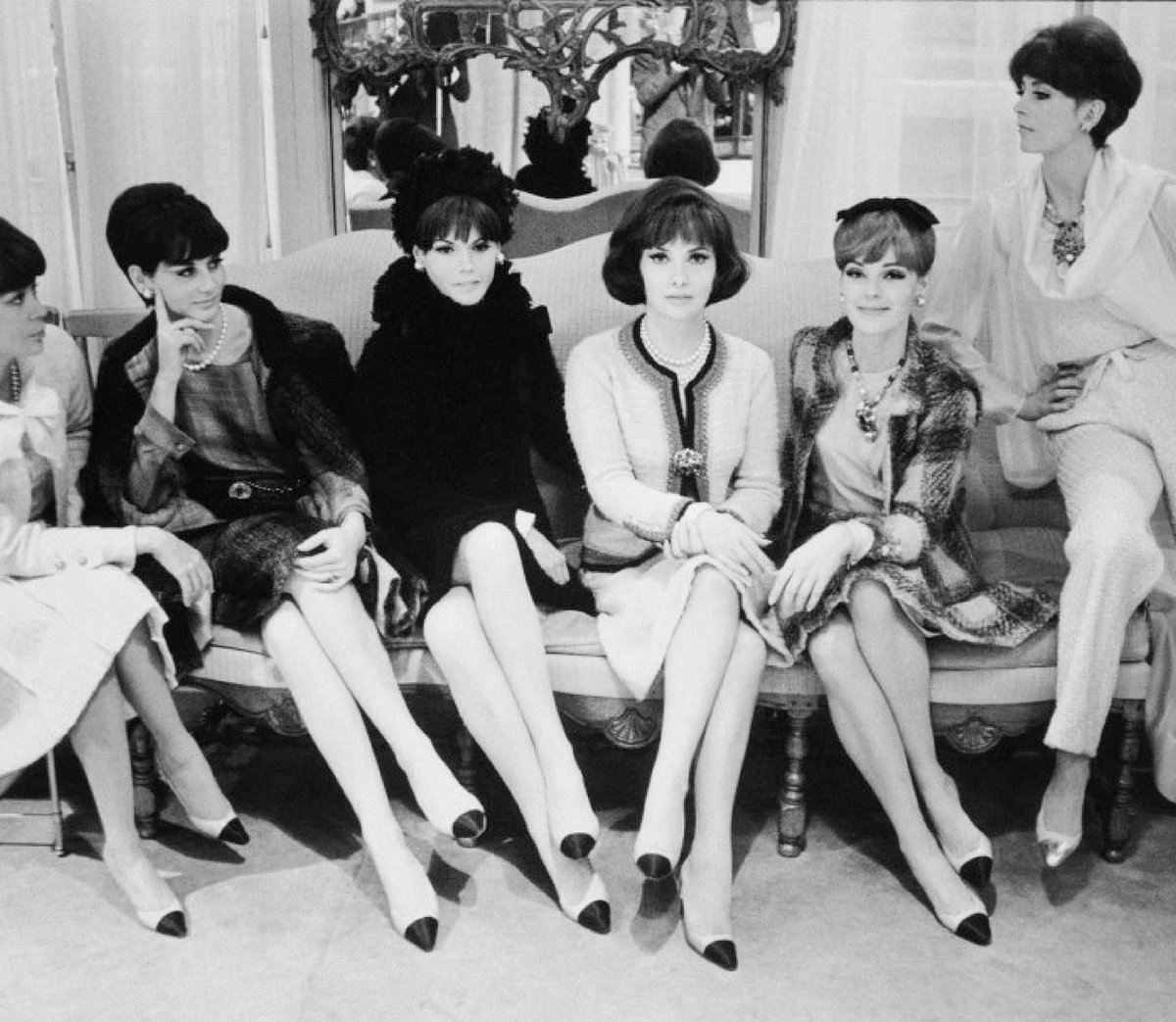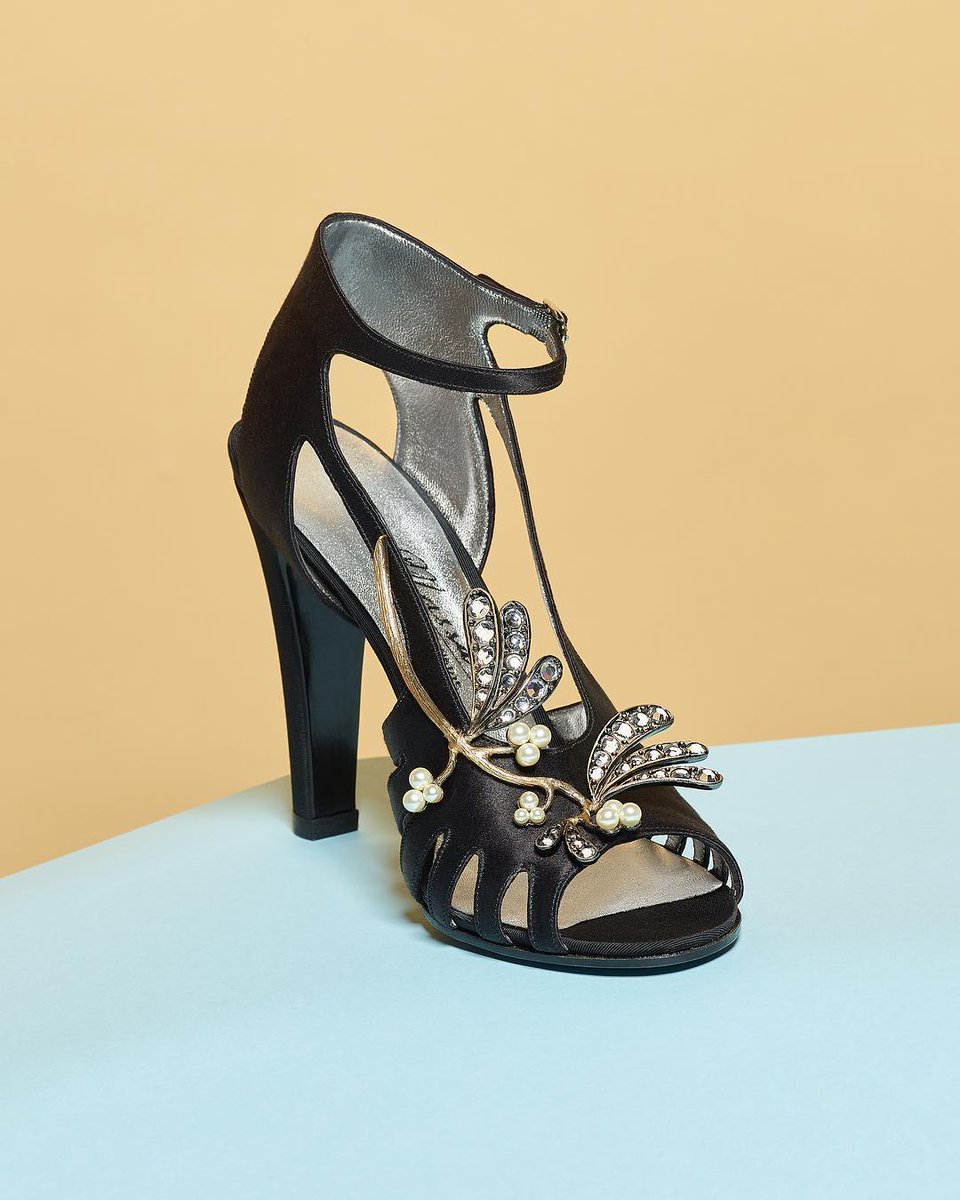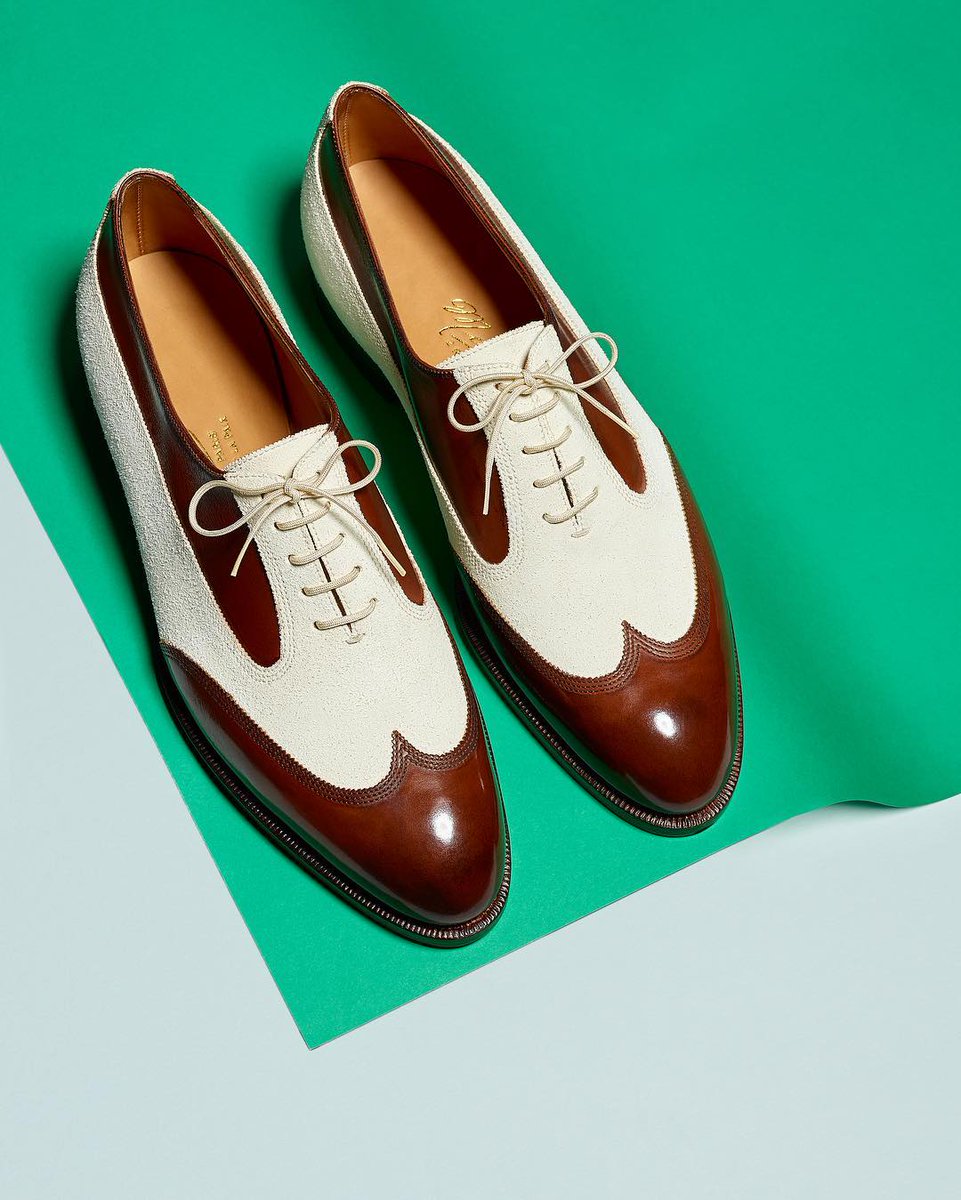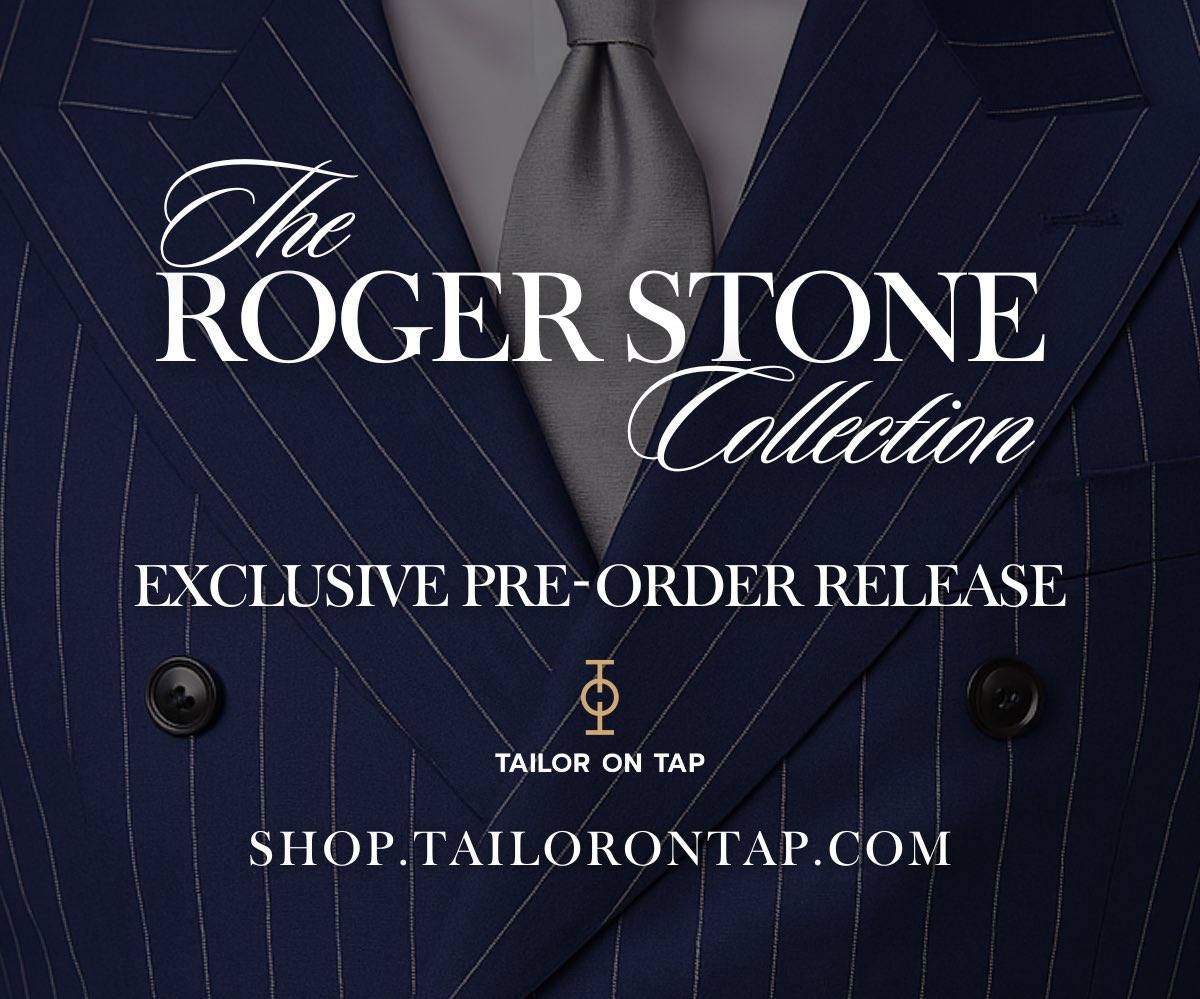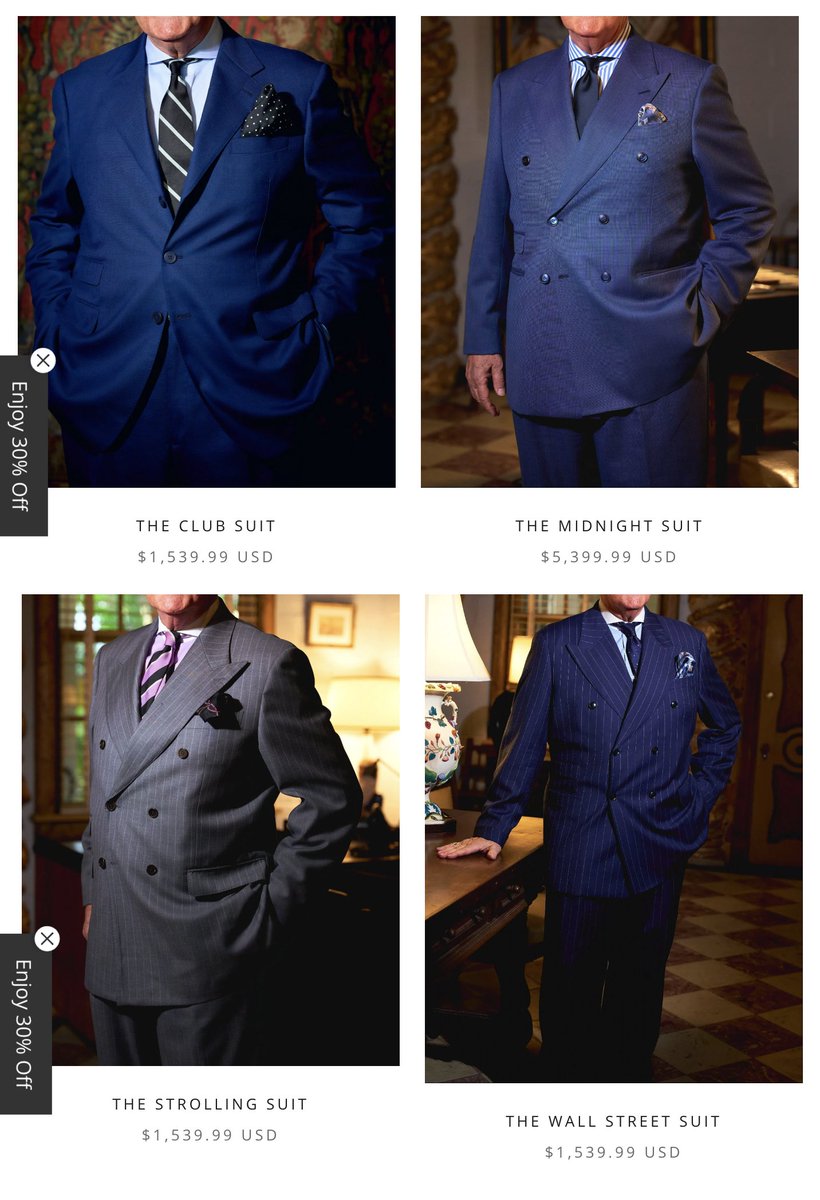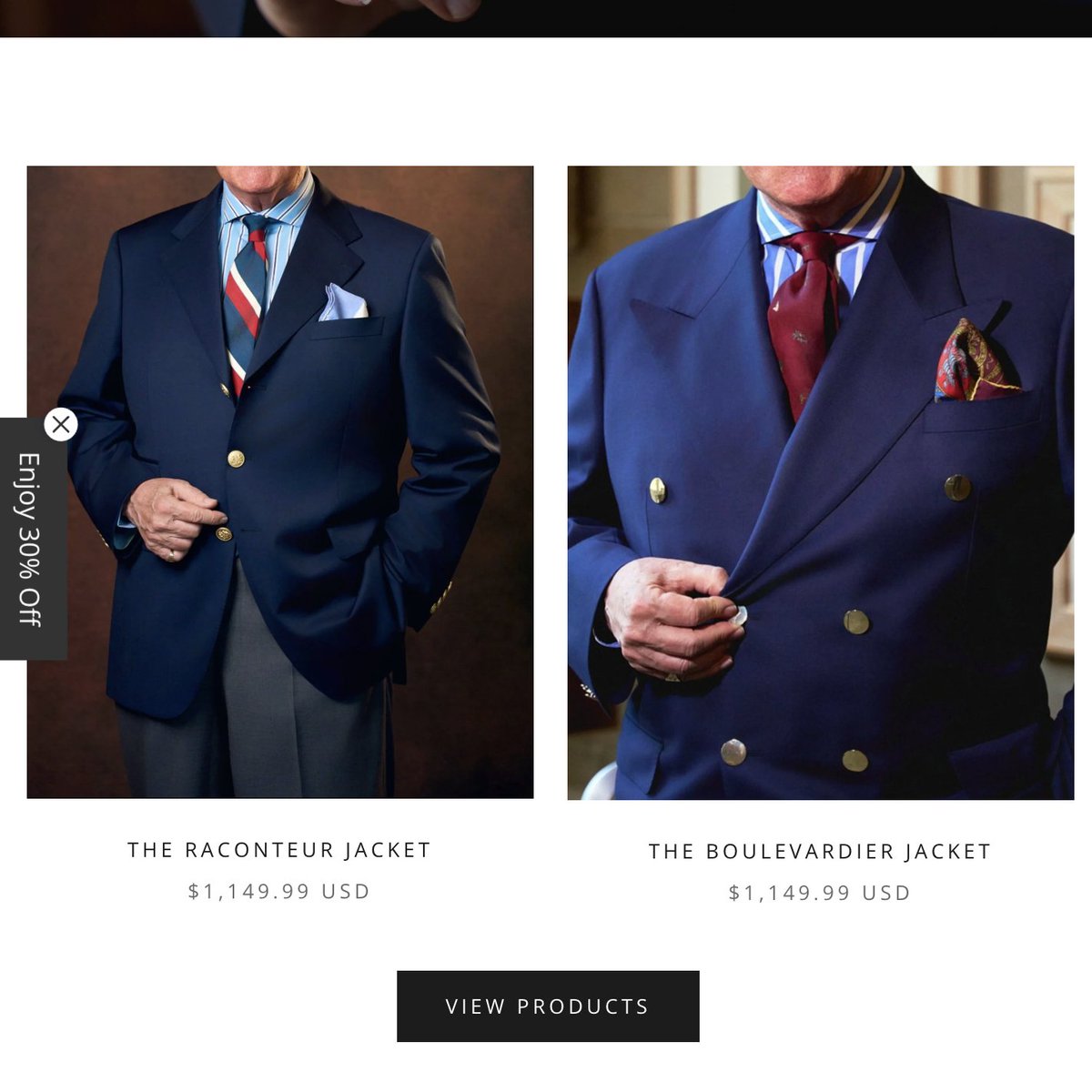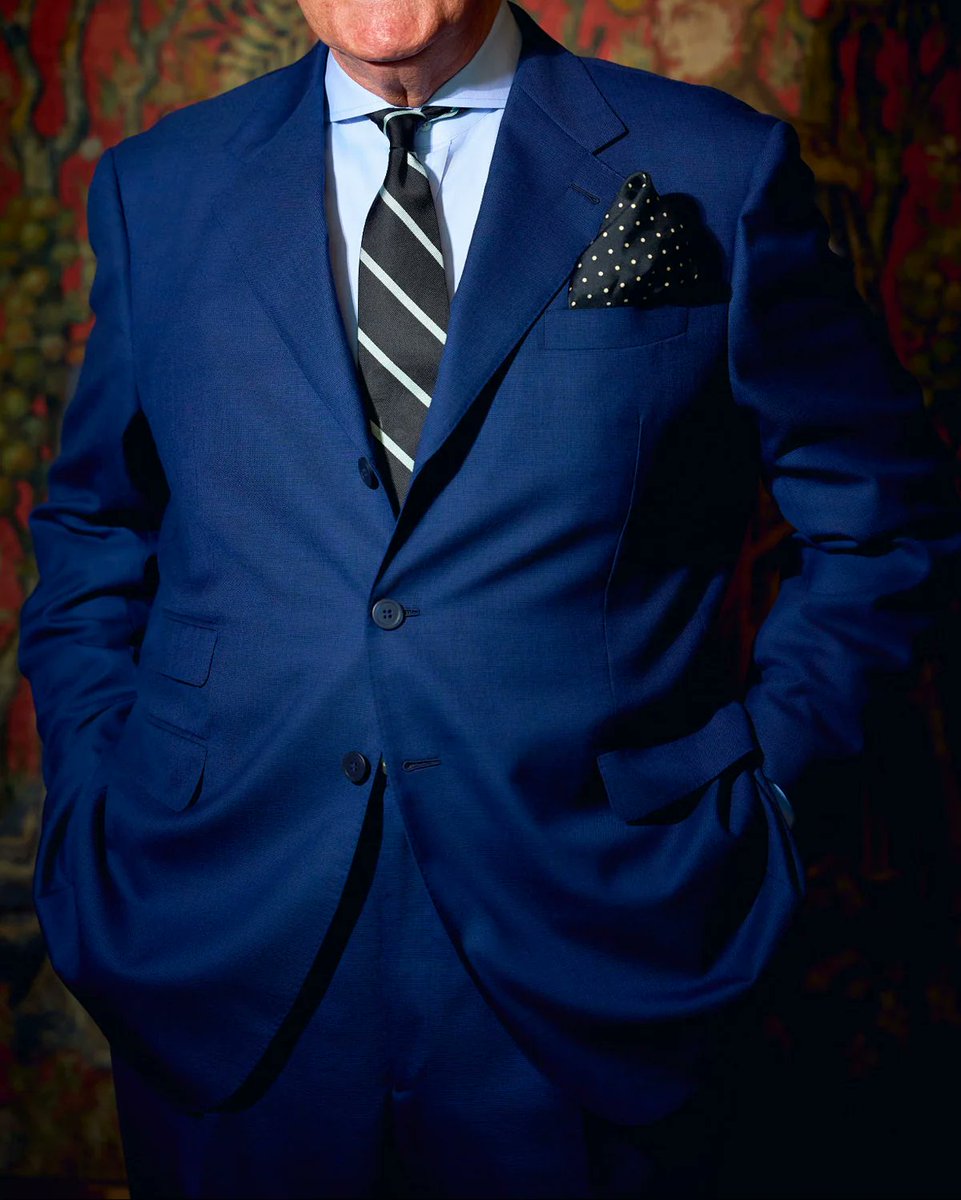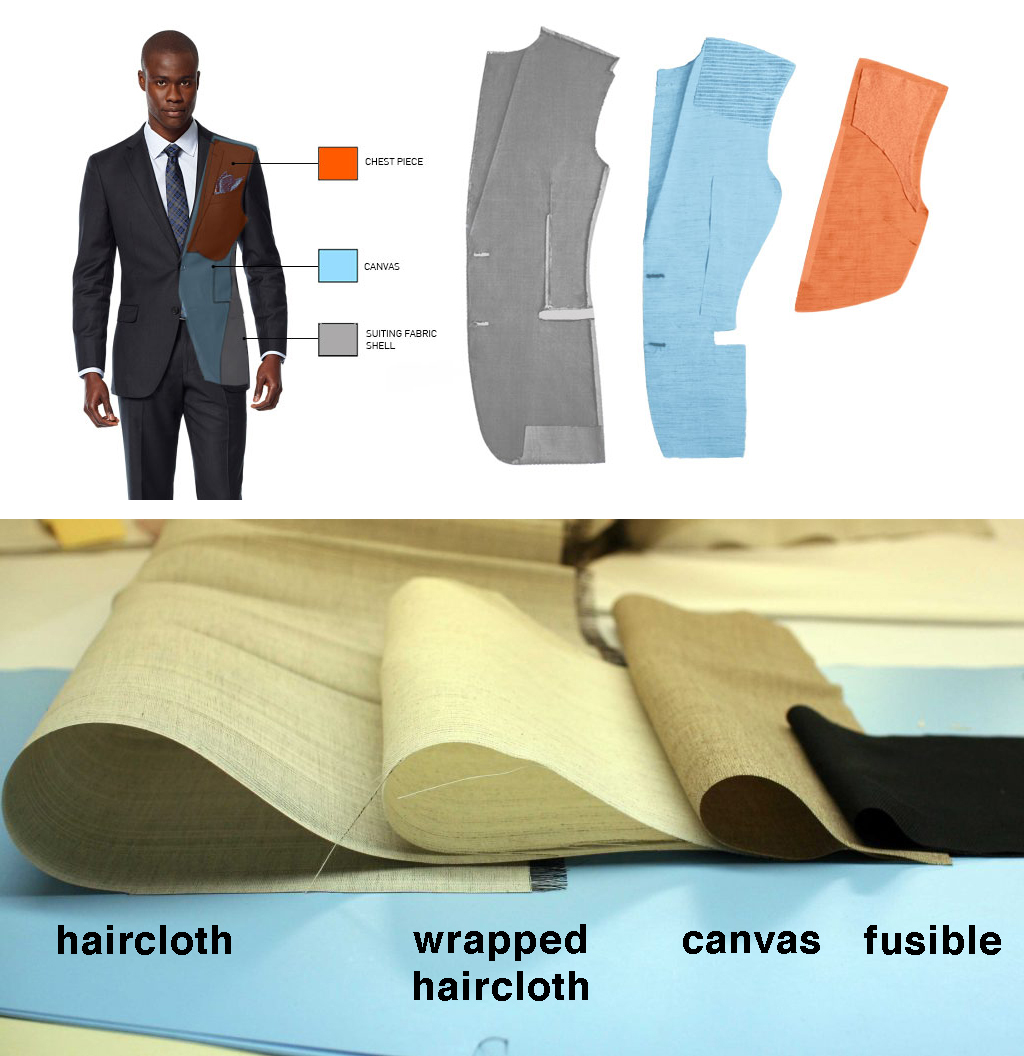Some people asked when a suit or sport coat can be worn without a belt. So let's talk about it. 🧵
https://twitter.com/dieworkwear/status/1762912141391401021
In the earliest days of tailored clothing, men didn't wear suits or sport coats with belts. Belts were for sportswear, workwear, and military uniforms. The suit, while not yet taking on the air of formality that it has today, was considered a little more refined.




To hold their trousers up, men typically wore tailored trousers with suspenders (or what the British call "braces"). Suspenders are superior to belts by almost any measure. They hold your pants up from the shoulders, allowing the waist to float around you. 
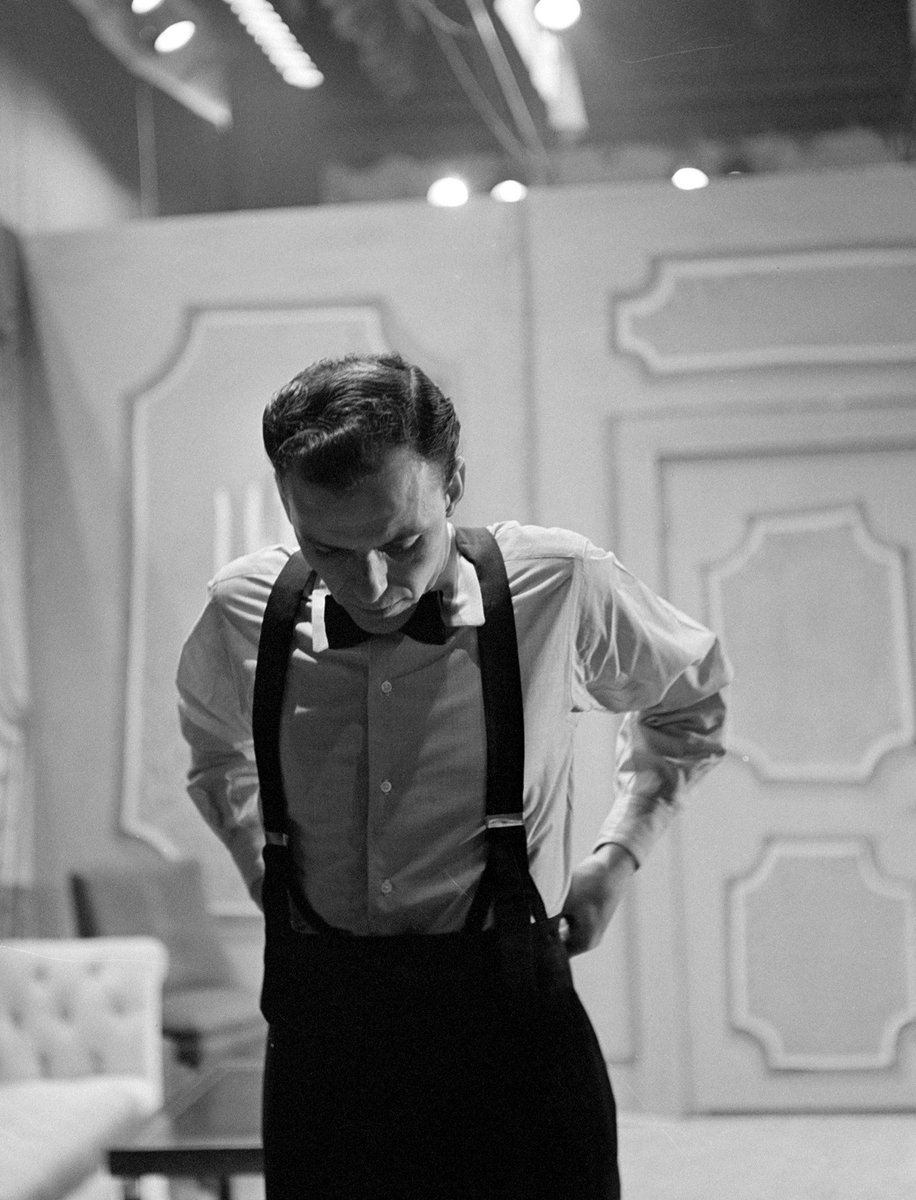
This makes them more comfortable for things like sitting and eating. The belt, by contrast, is like a leather tourniquet for your waist, adjustable only in 1" increments. Belts are also prone to slipping throughout the day, whereas suspenders keep your trousers in place.




Suspenders also help your trousers drape better. The most common problem with trousers (even in bespoke) is the back slipping down a little, causing the seat to collapse, which sends ripples down the legs. This doesn't happen with trousers worn with suspenders. 
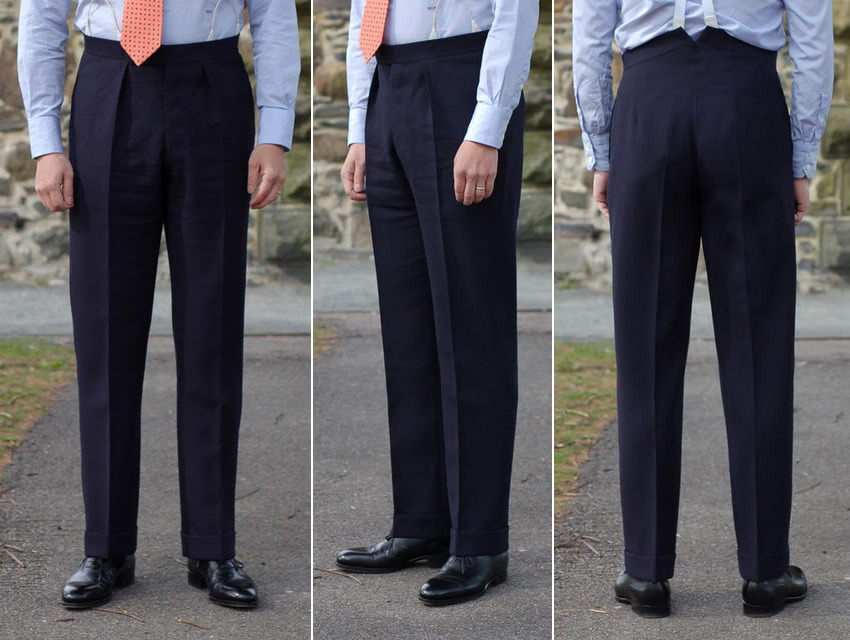
It took one man to change all this: Edward VIII, the Duke of Windsor, who was a bit of a twit but undeniably stylish. He's the single most important influence on Western men's dress since Beau Brummell. Whatever he wore, others followed.


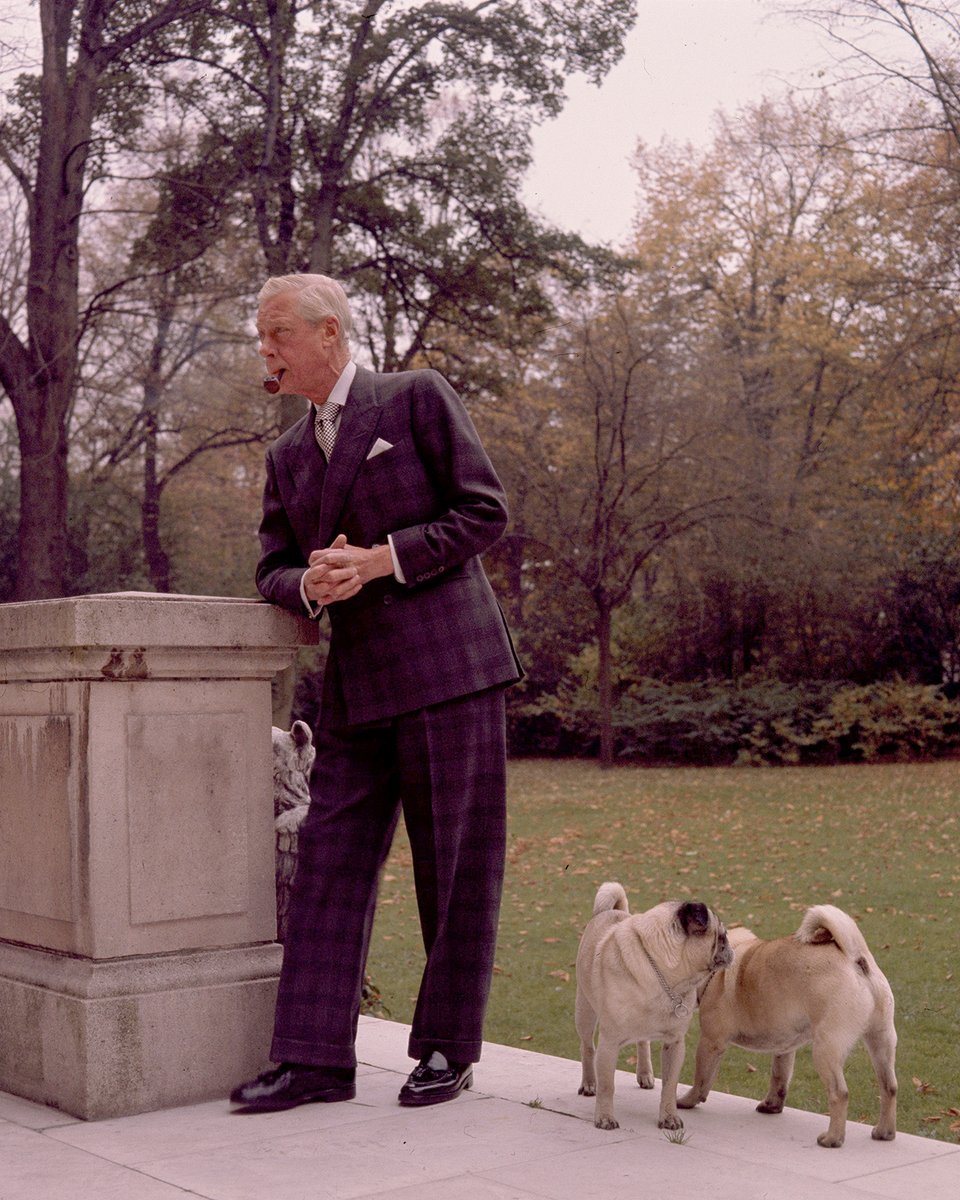

The Duke bought his clothes from a Dutch-English tailor named Frederick Scholte, who famously invented a style of tailoring known as the drape cut. By all accounts, Schlote was an ill-tempered man with very strong ideas about how men should dress. 

Schlote cut off a client when he asked for wider shoulders. He turned down a prospective client bc he arrived in a flashy car. When the wife of a US ambassador brought up an issue with her husband's suit at a fitting, Schlote ripped the coat off the man and threw them both out. 

Schlote felt people in the film industry were not elegant enough to wear his suits. He only dressed two actors, Charles Hawtrey and Allan Aynesworth, whom he regarded as sufficiently restrained in their taste. And even then, he made them promise to never wear his suits on screen
From this, you can understand why the Duke of Windsor, even as a British royal, went to a New York tailor named H. Harris to get belted trousers. Schlote thought such things were gauche, and the Duke didn't want to get cut off from his tailor. 
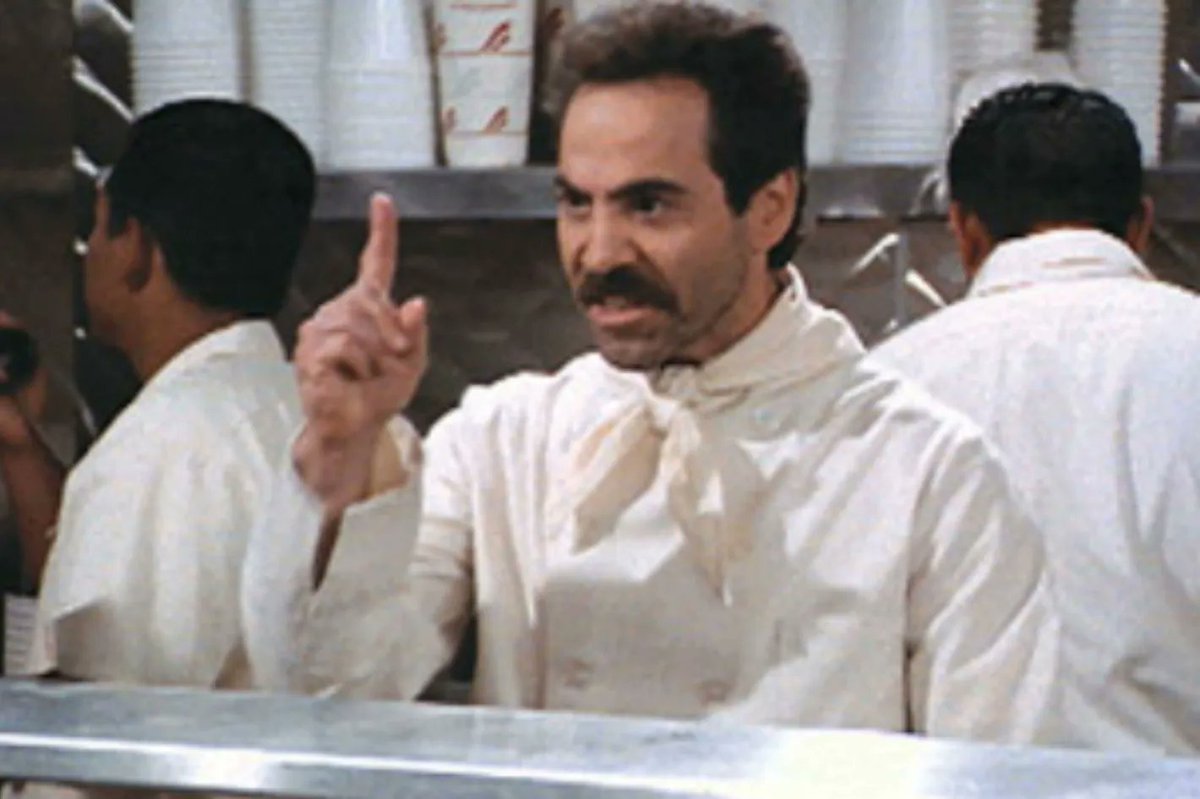
The Duke went through much of his life getting his coats from Schote and his trousers from H. Harris, New York. His wife, Wallis Simpson, called them "pants across the sea." These trousers were made to be worn with belts, much to the embarrassment of his more traditional father.


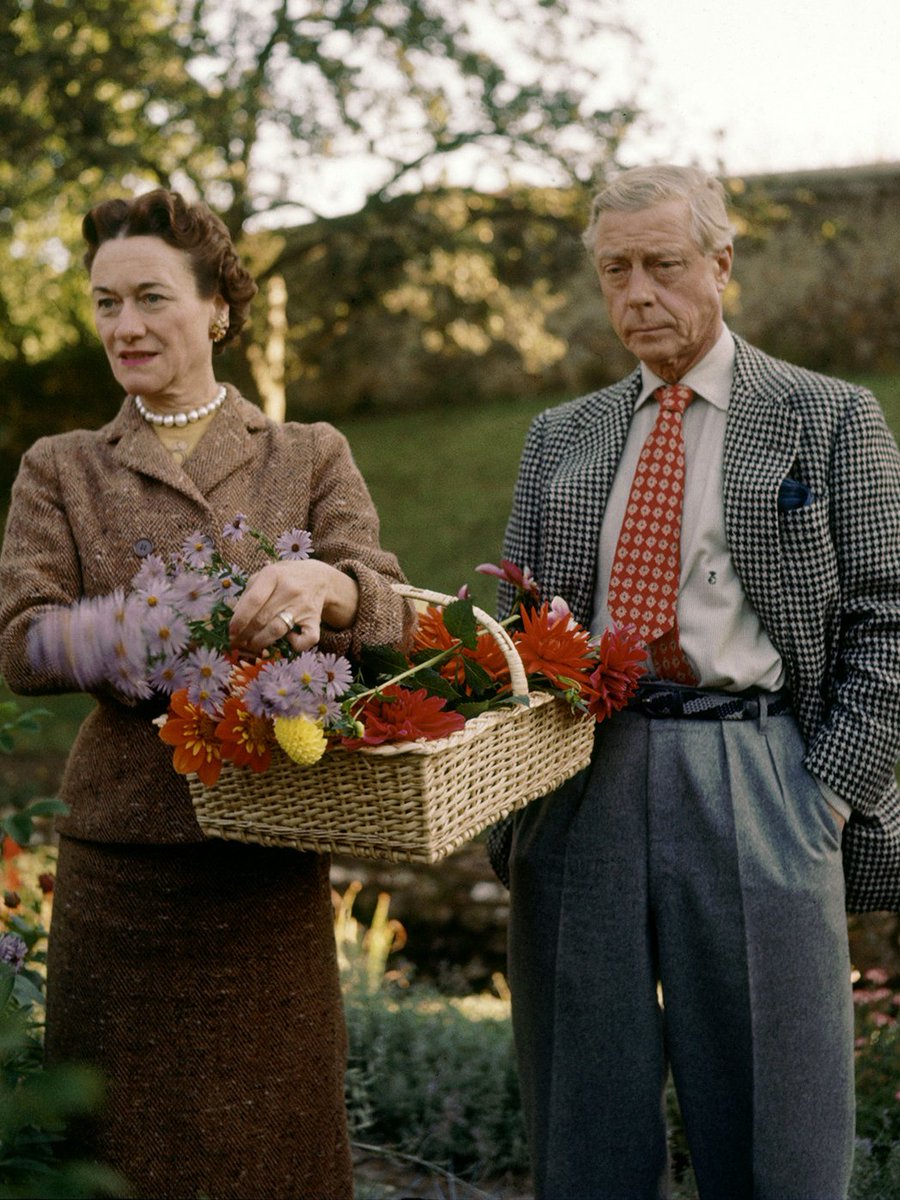
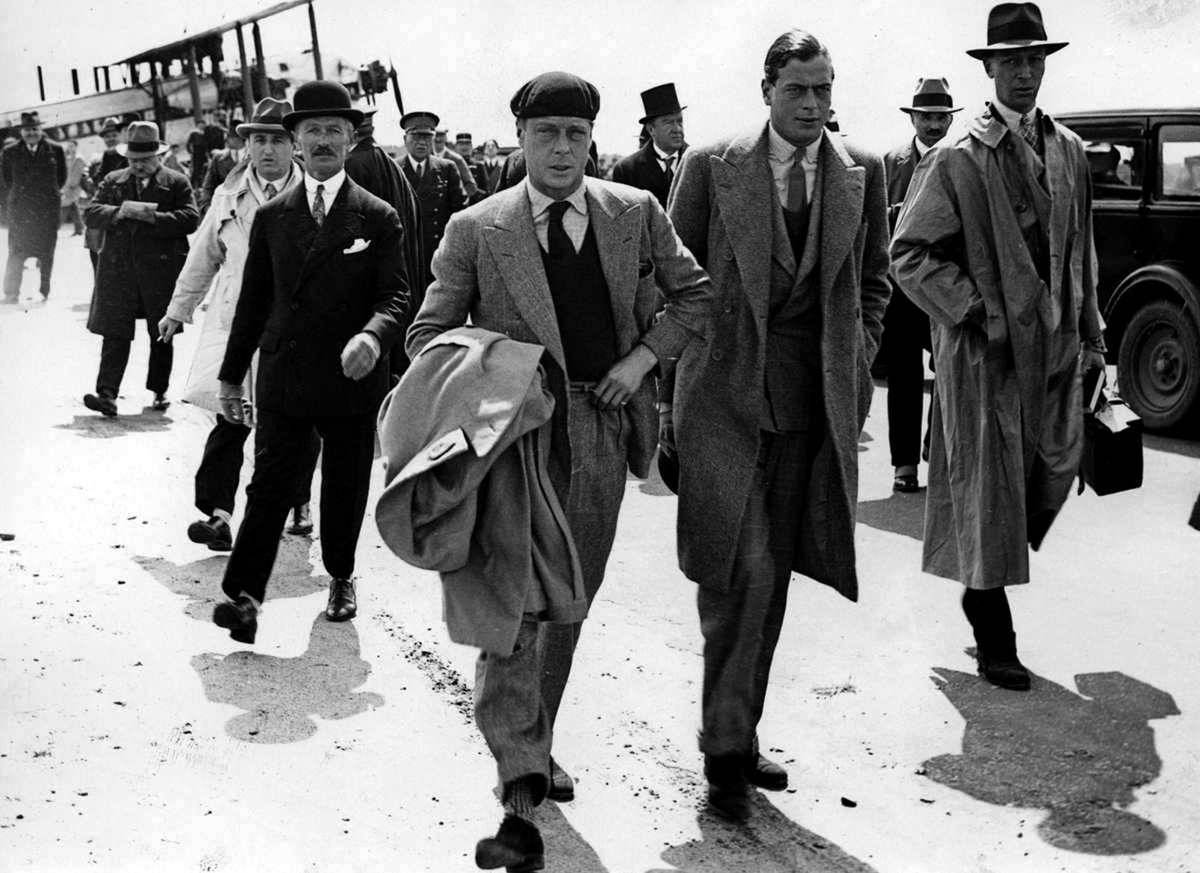
It's from this point forward that belts moved from sportswear and workwear to tailored clothing, mostly worn by younger, fashion-forward men who bucked the conventions of the older generation. Of course, that generation later became old, and belts with tailoring became a norm.


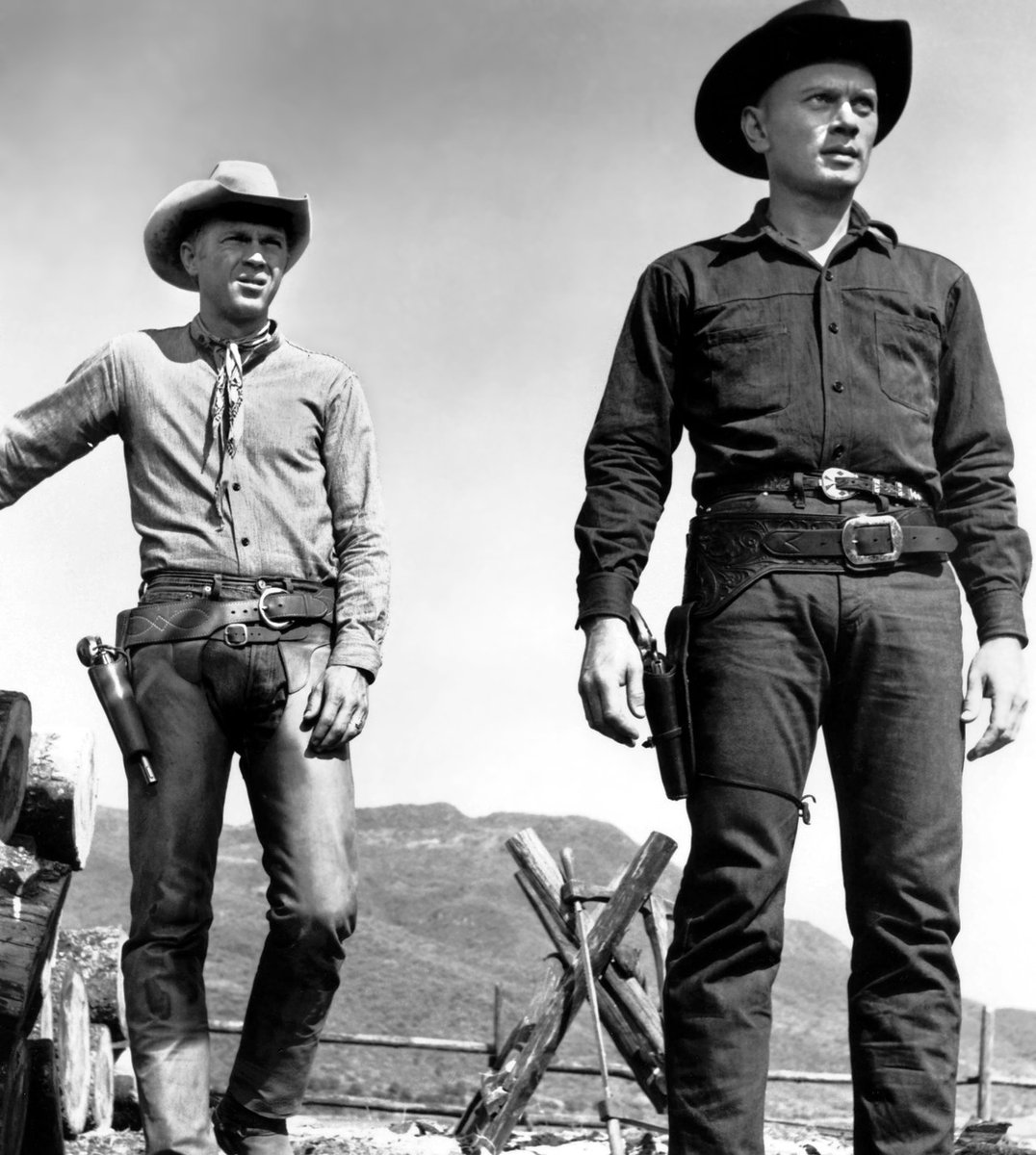

By the 1980s, suspenders became associated with the "greed is good" ethos of Wall Street bankers such as Gordon Gekko. By this point, suspenders had fully lost the culture war to belts—it was too closely tied to an older generation and uncool fat cats. 

As mentioned earlier, the downside of a belt is that it's not very comfortable. It's a tourniquet for your waist and only functions insofar as it squeezes you. Visually, it also breaks the body in half. For this reason, many prefer going sans-belt.



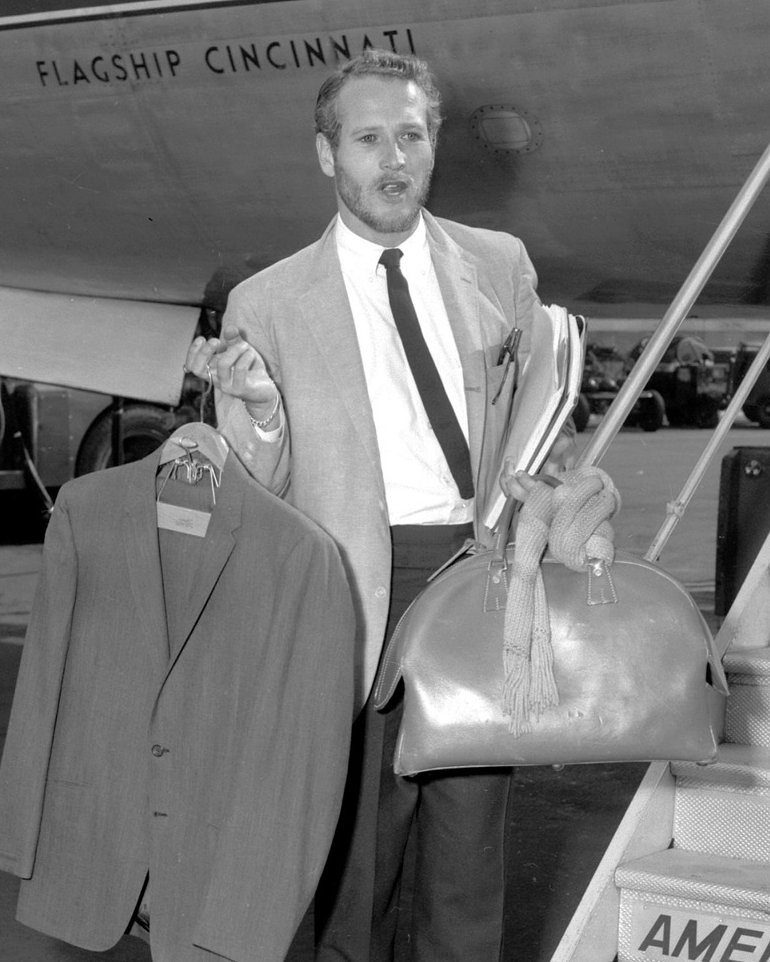
If you don't want to wear suspenders or belts, you can get trousers made with either side tabs or an elasticated system known as Daks adjusters. The nice thing about side tabs is that they're adjustable in smaller increments than 1" (unlike belts)


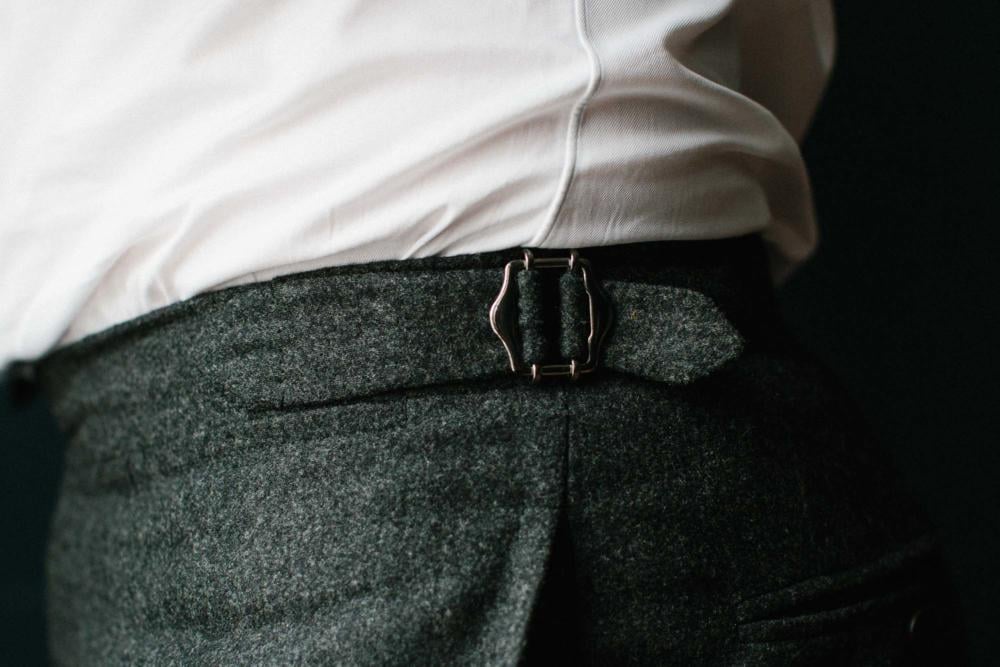
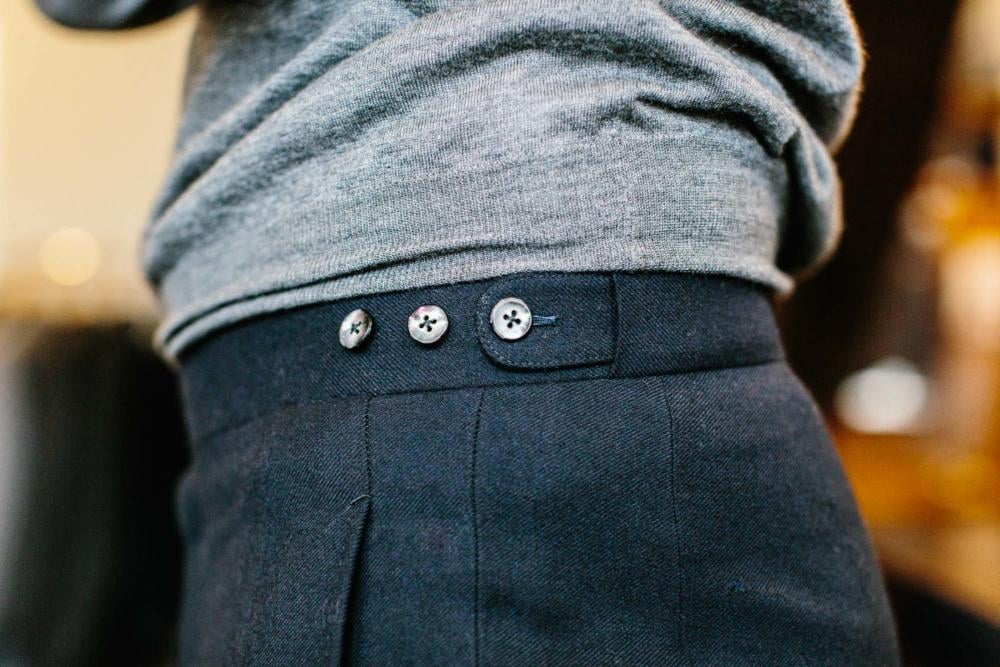
Prince Phillip also had trousers made with this funky self-belt system. In ready-to-wear, you can find something sort of similar from designers such as Lemaire and Stoffa, where there's a built-in belt made from the trousers' cloth.



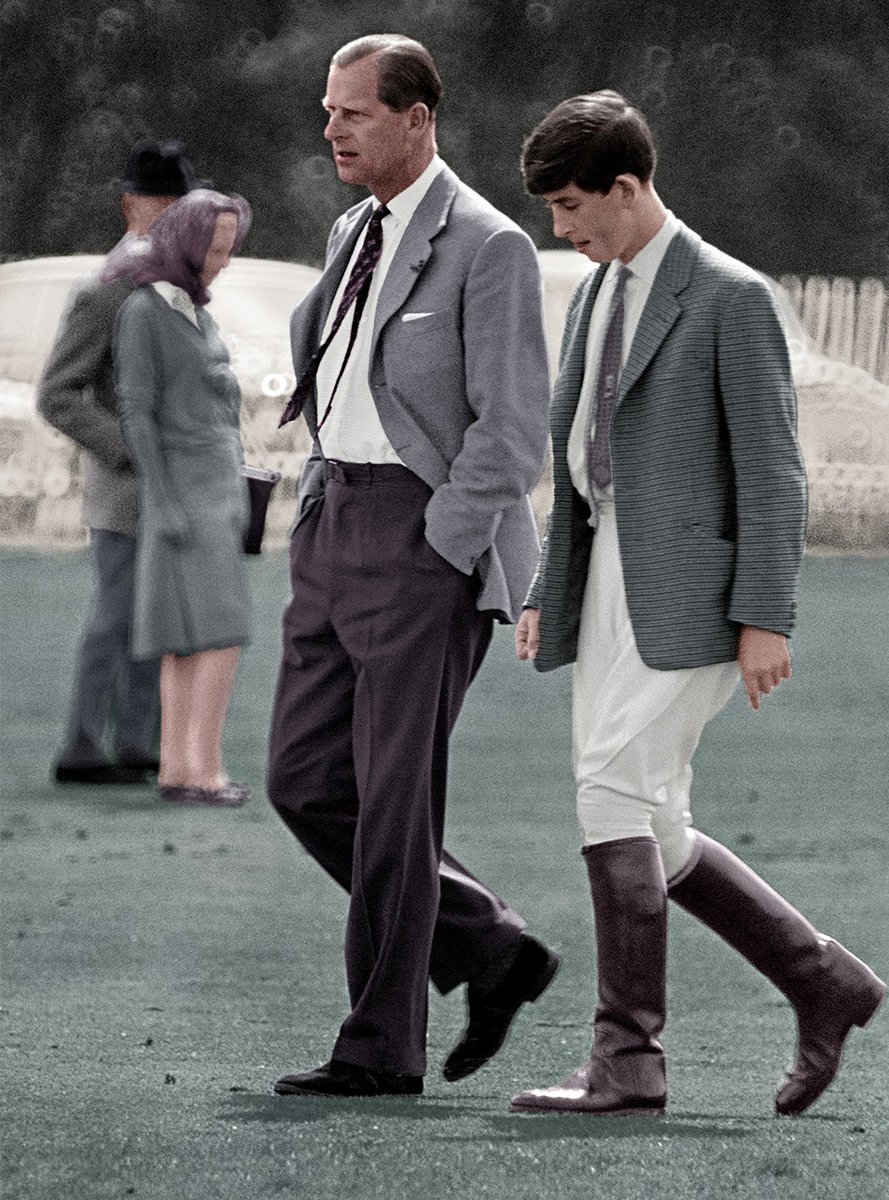
Here are my personal rules for when to wear belts.
1. Very high-waisted trousers look wrong to me with belts. IMO, the higher the waist, the more you should wear the trousers with suspenders or side tabs. The lower the waist, the more you should wear a belt.


1. Very high-waisted trousers look wrong to me with belts. IMO, the higher the waist, the more you should wear the trousers with suspenders or side tabs. The lower the waist, the more you should wear a belt.
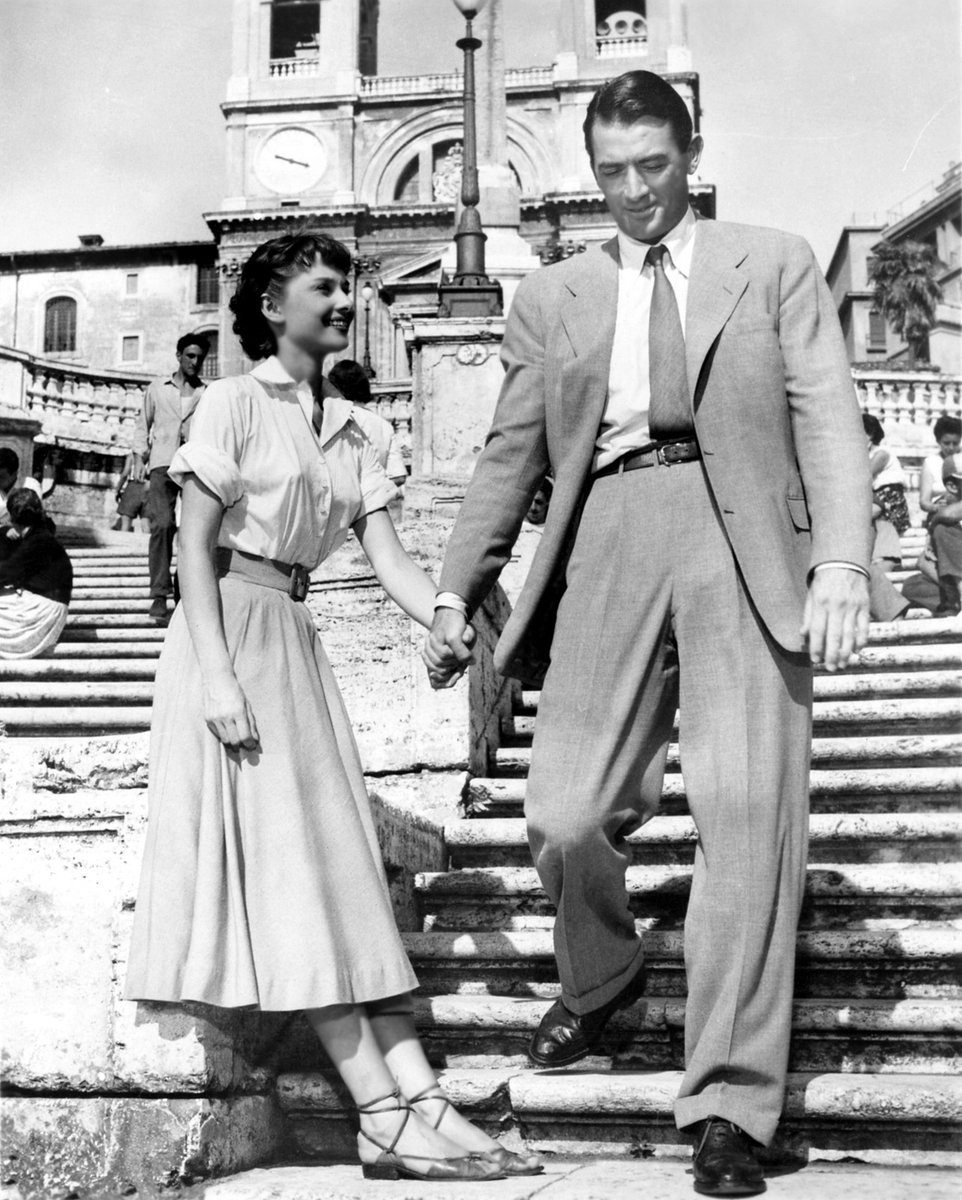

2. Suspenders should never show, so don't use them as a visual accessory. Always wear suspenders with a suit jacket or sport coat. Suspenders with low-waisted pants and no jacket make you look like a bartender at a hip, expensive bar that pretends to be a speakeasy.
3. Belts are always good in casual outfits. Remember, this was originally something men wore with sportswear and workwear, so it's a casual detail. Conversely, belts should never be worn with very formal clothing like dinner suits (also, the waist should be covered anyway)


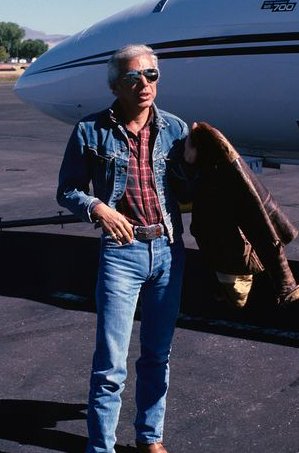

4. For those outfits between these worlds—a tailored jacket worn with trousers that are not overly high rise—it's up to you! A suit or sport coat worn without a belt will produce a cleaner look, as you won't have a line in the middle of your body. This can be esp nice with suits


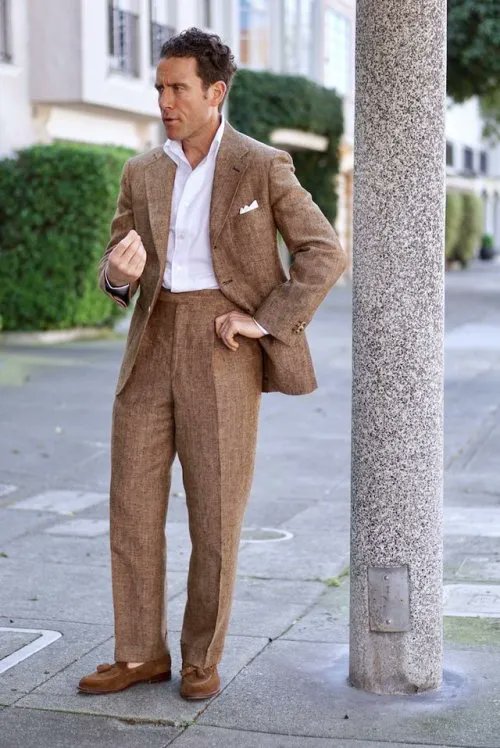
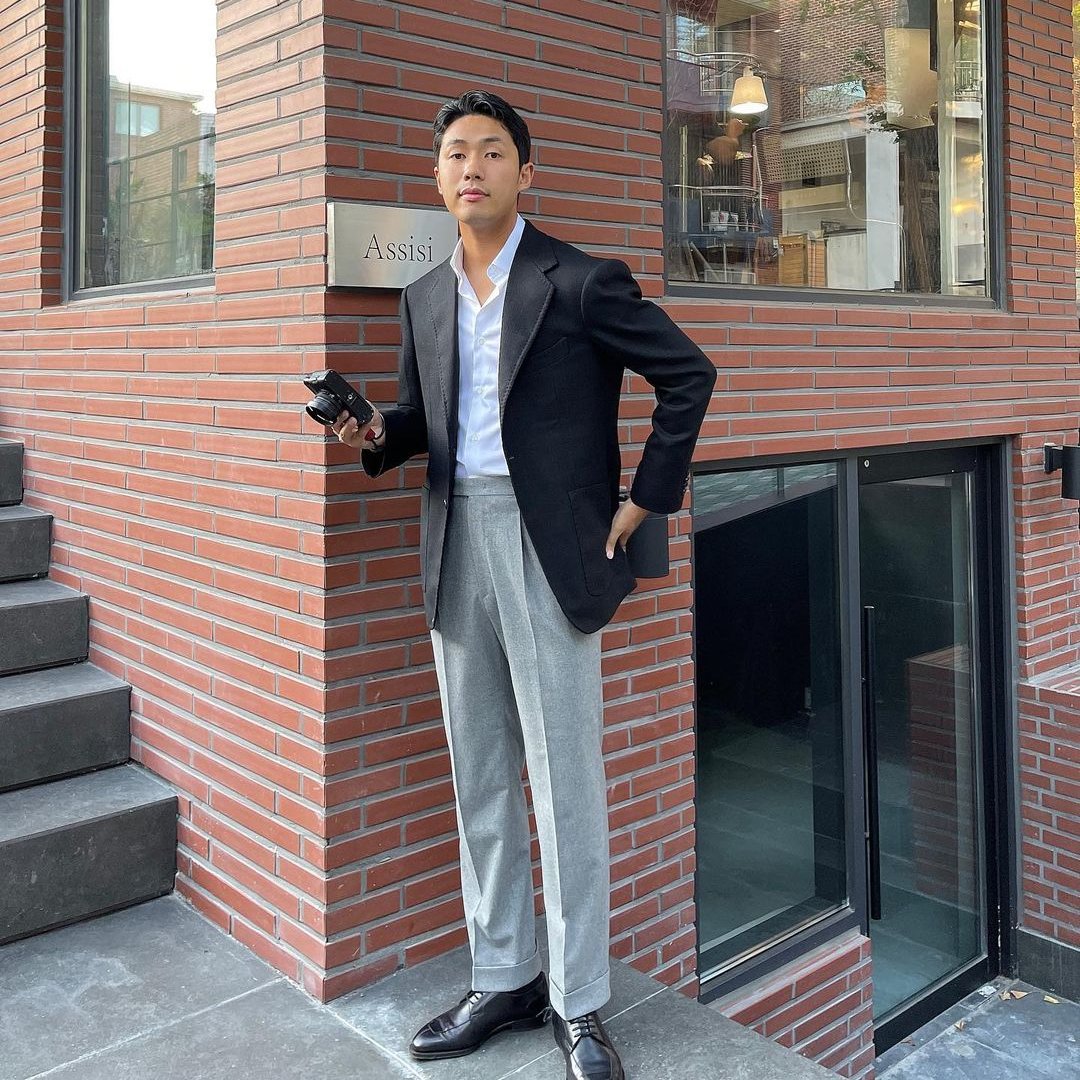
But a belt can also be a nice way to accessorize. In such cases, choose something in a similar color as your shoes—dark brown belt with dark brown shoes, light brown belt with light brown shoes, black belt with black shoes, etc.


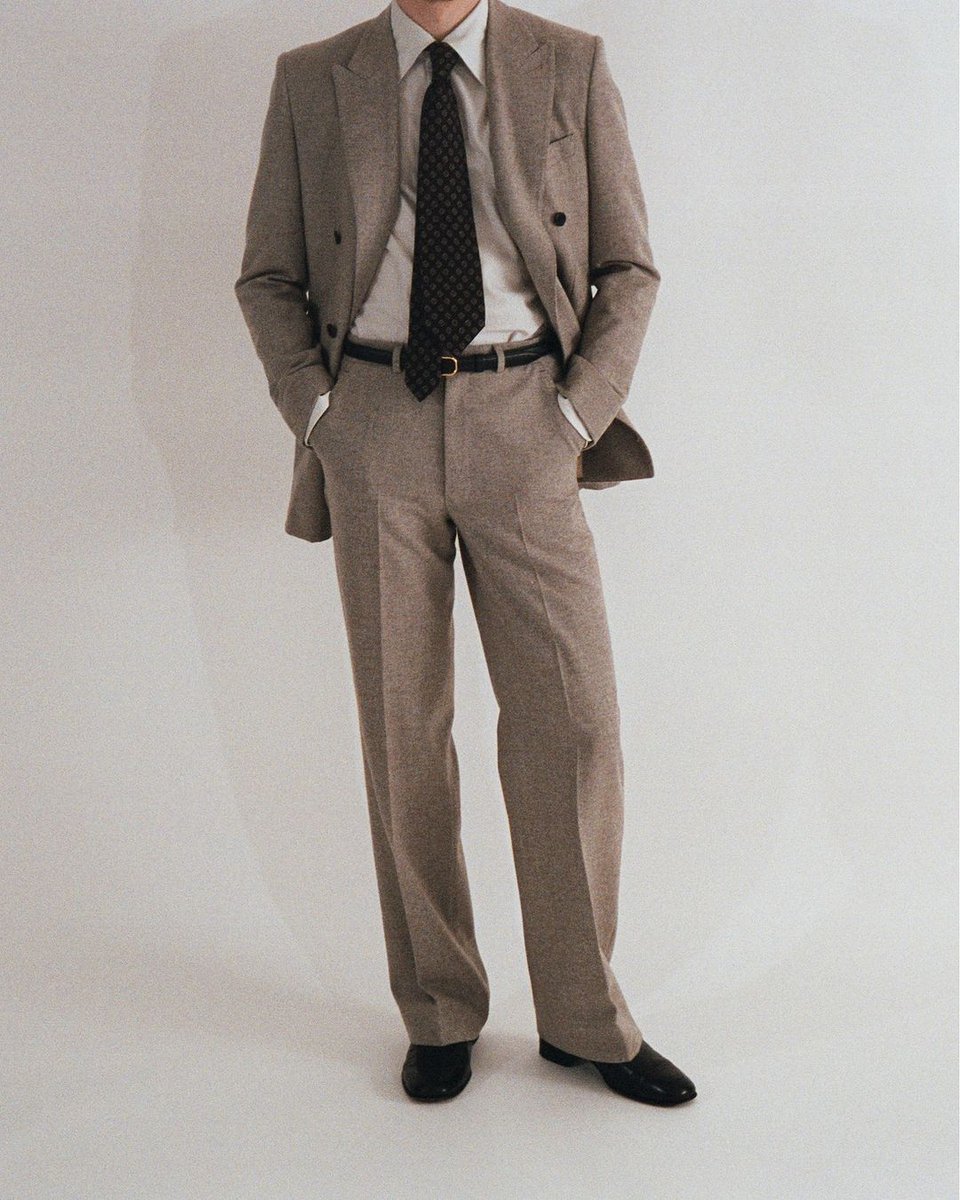
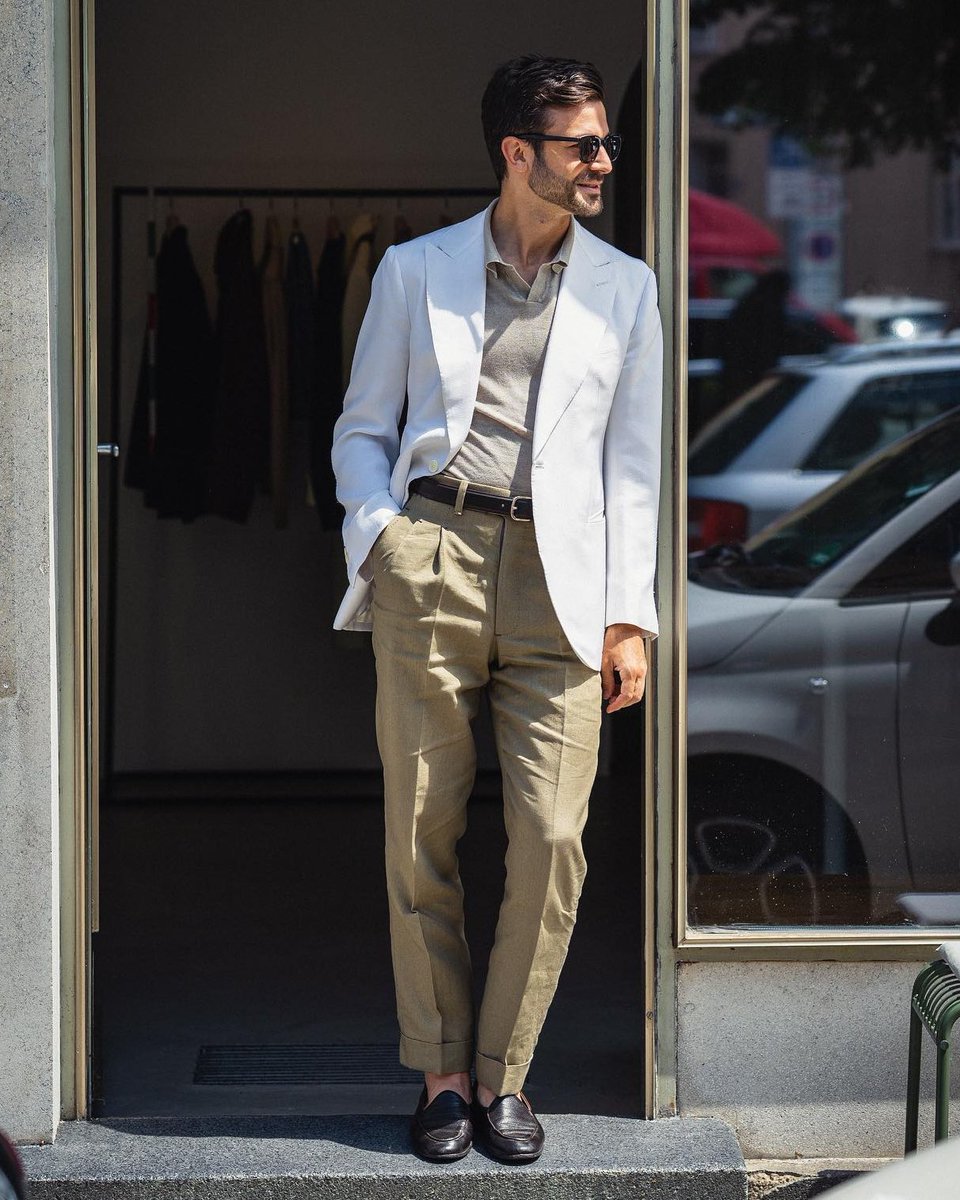
IMO, JAW was right to go sans-belt because a black belt would have been distracting in an all-white outfit. If one wanted to nitpick, the trousers would have looked better with side tabs, as empty belt loops cry out for a belt. But he still looks great, and that's what matters.


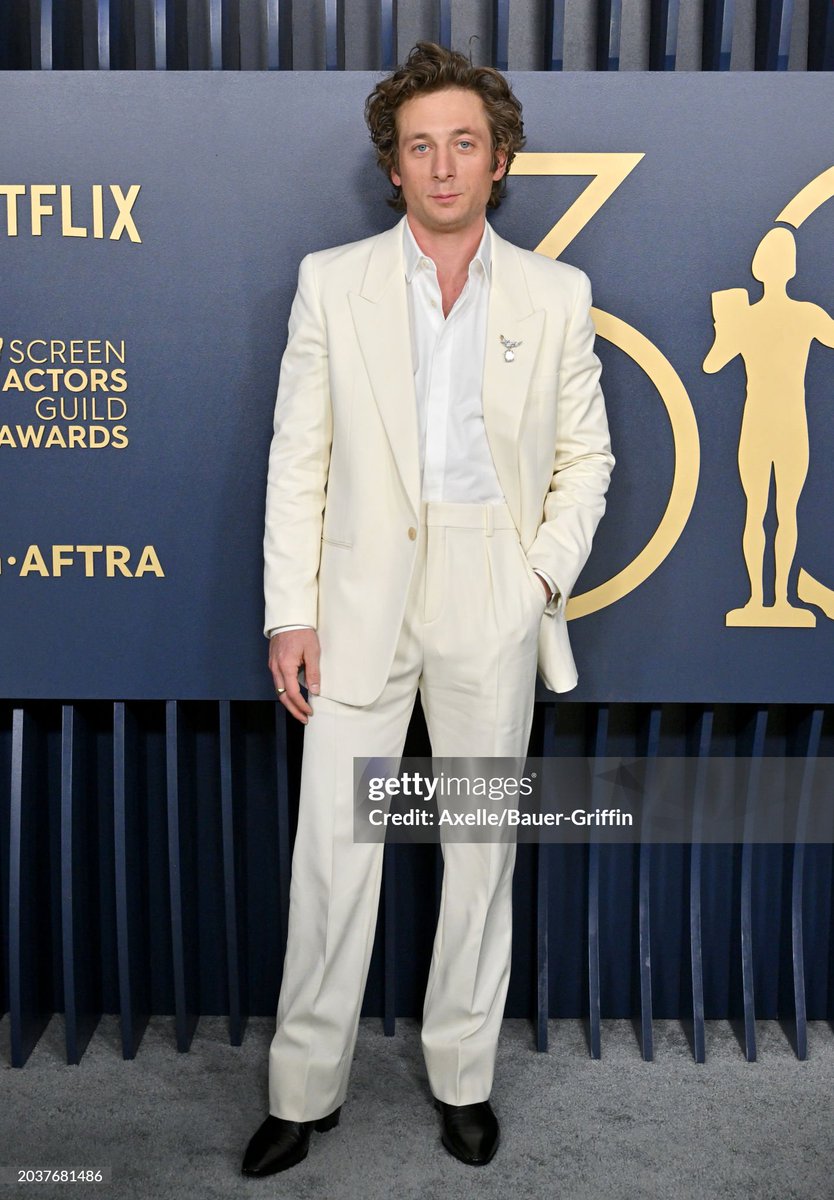

Oh, one last thing: if you get trousers made to be worn without a belt, I think the style looks better with an extended waistband, which moves the button from the center of your trousers off to the side, where it will be covered when you wear a jacket.


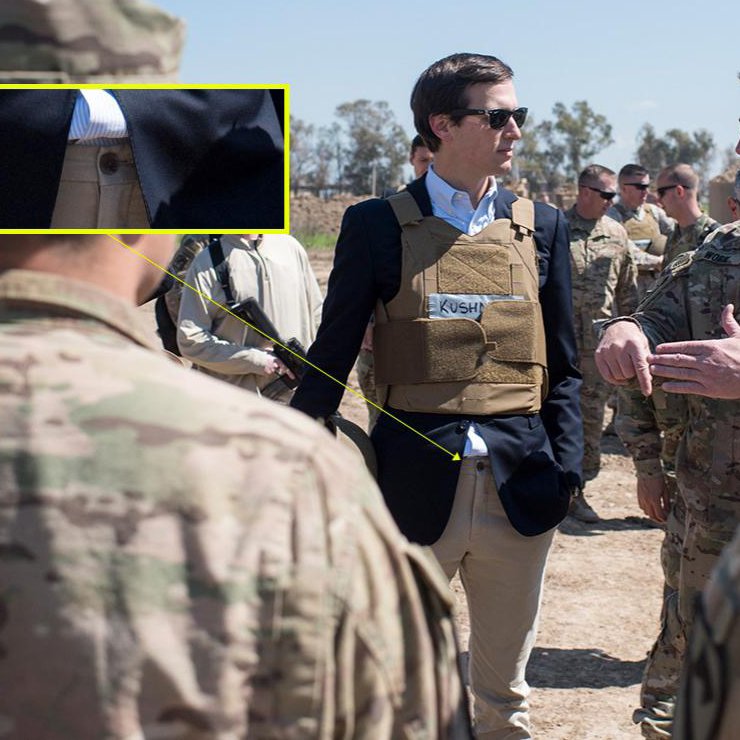
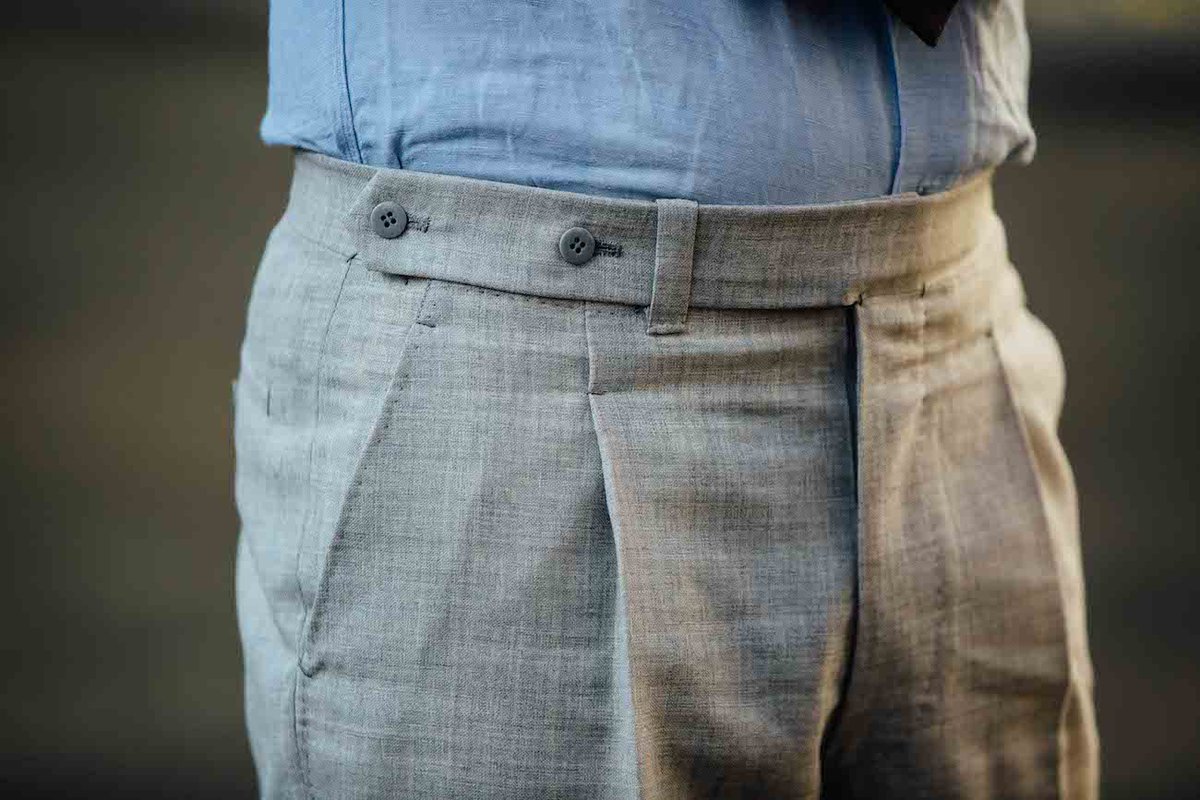
• • •
Missing some Tweet in this thread? You can try to
force a refresh


